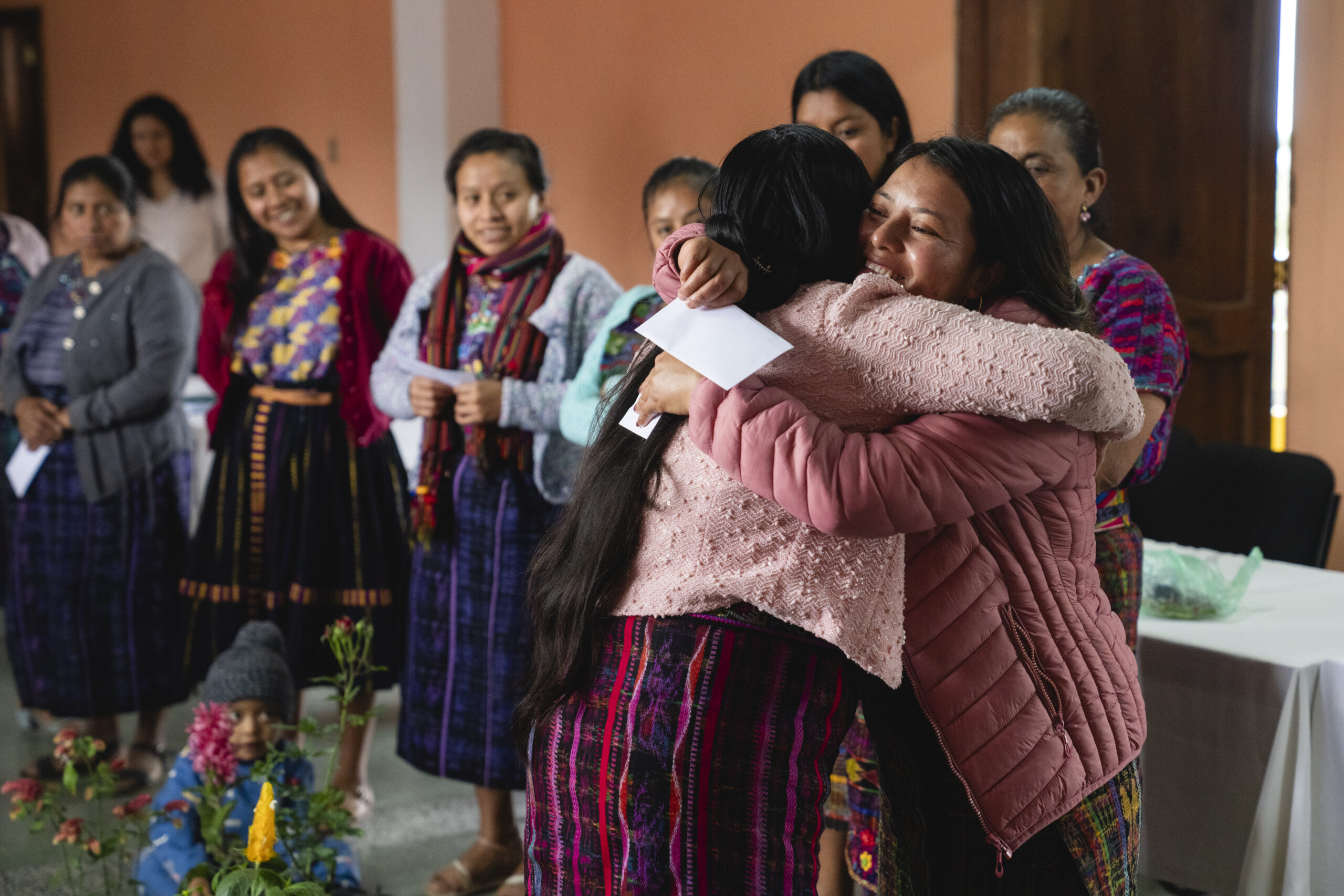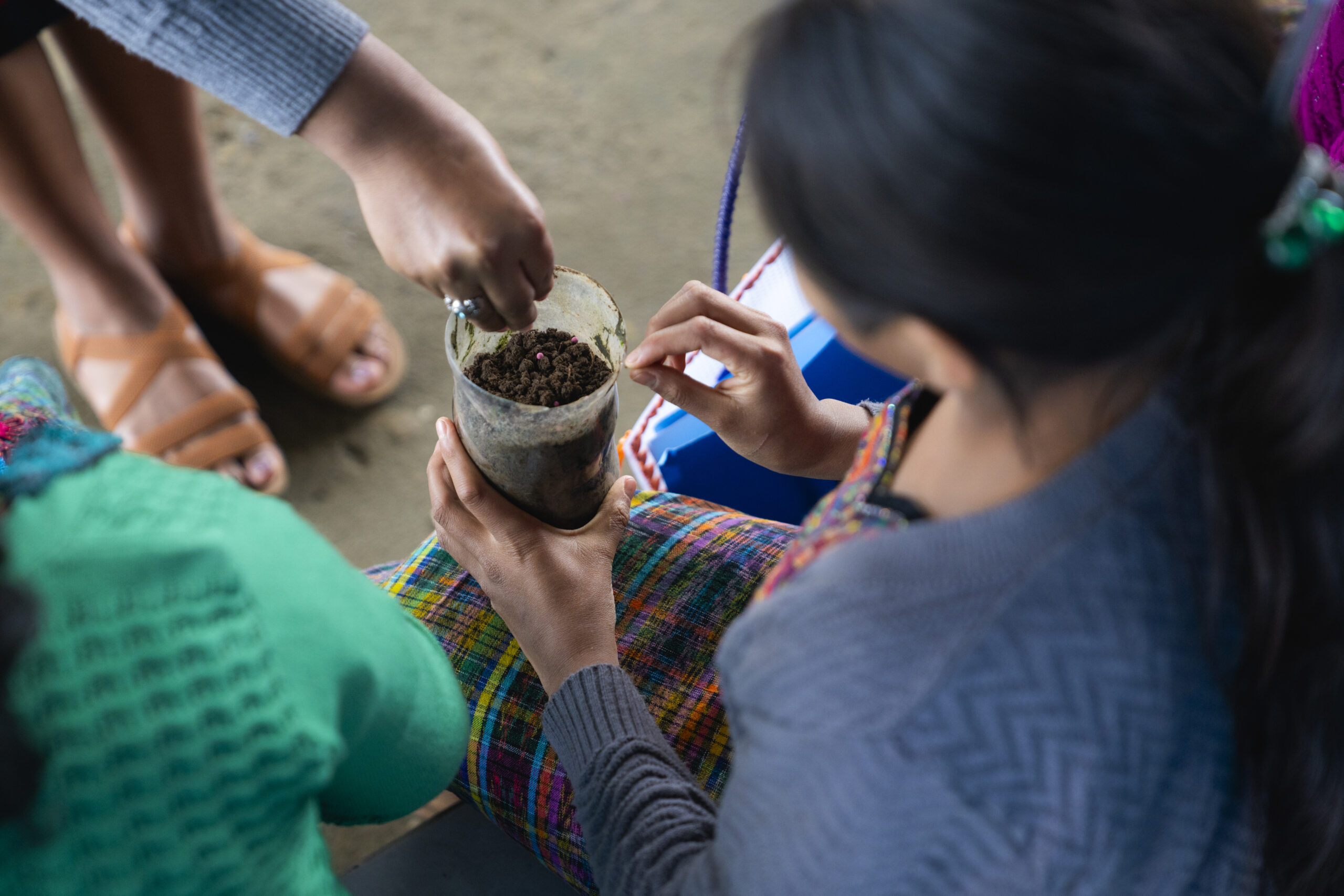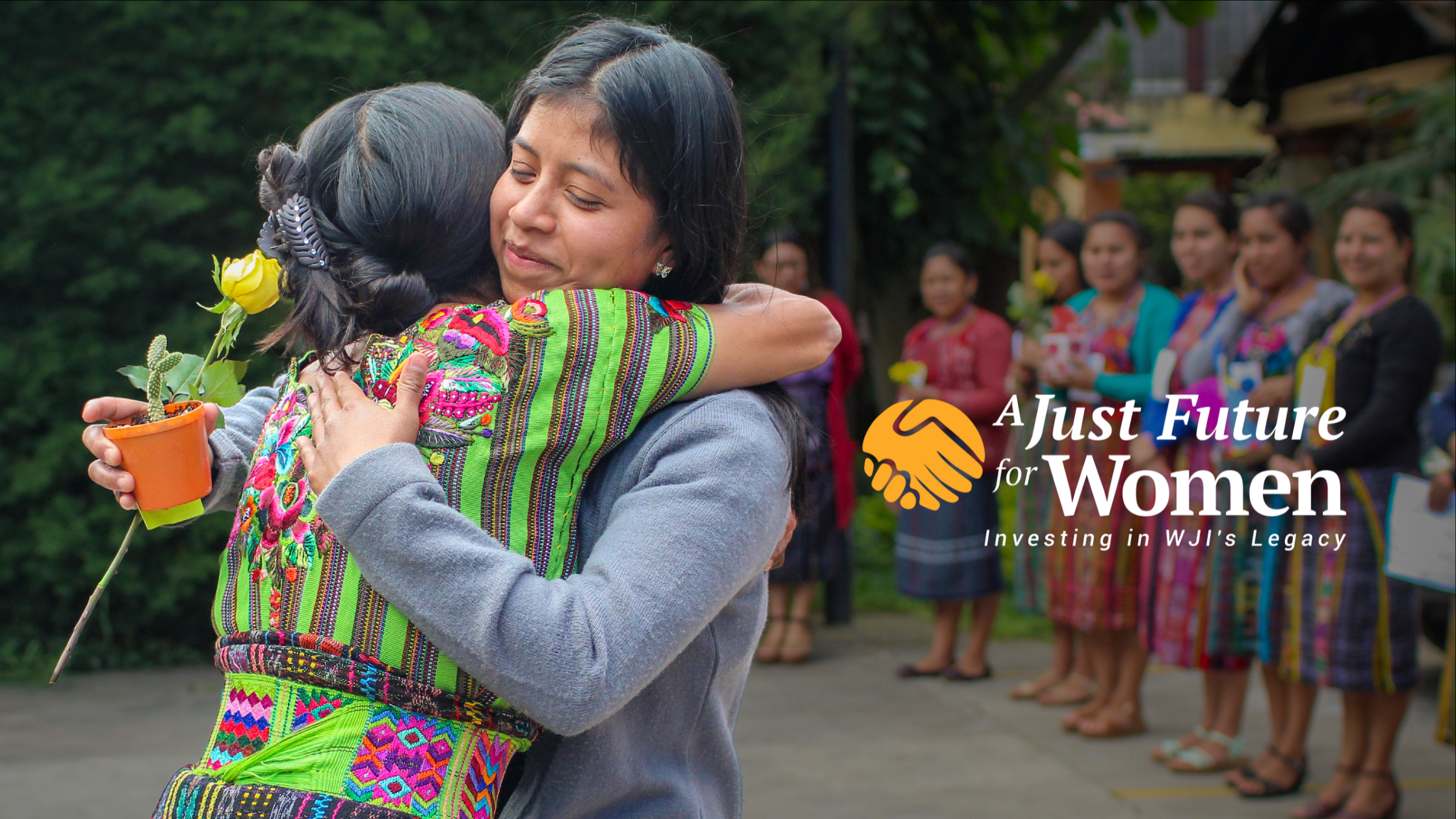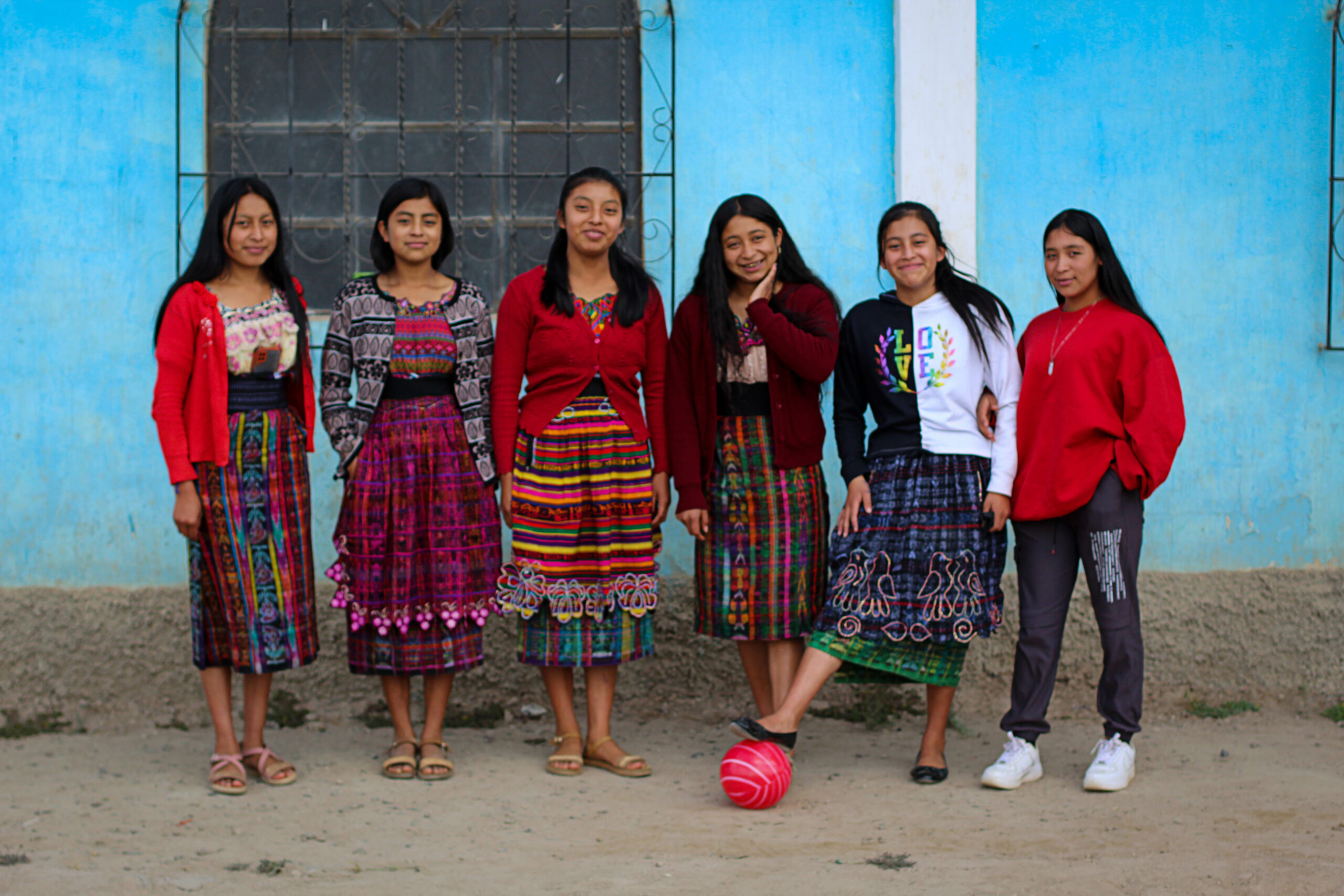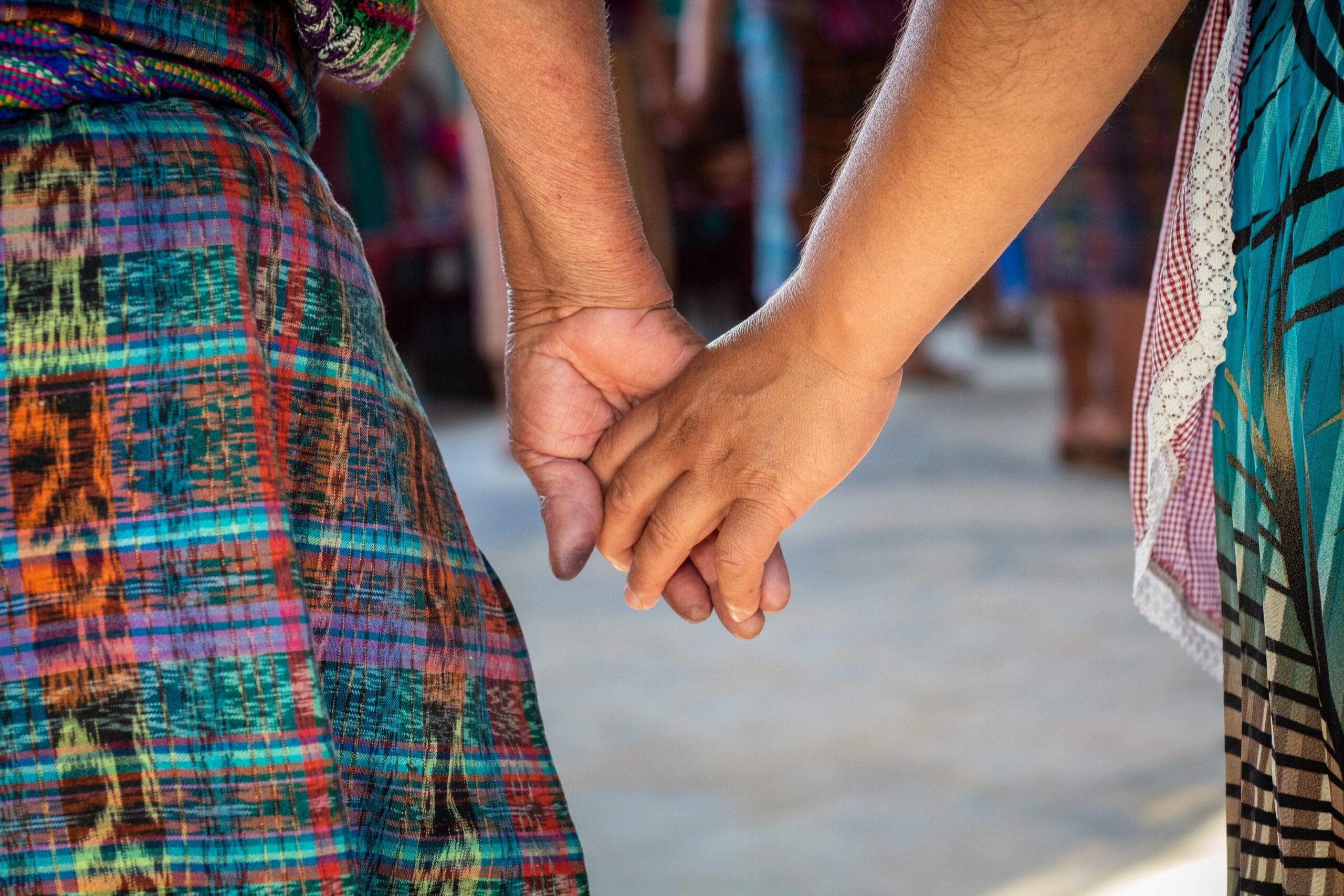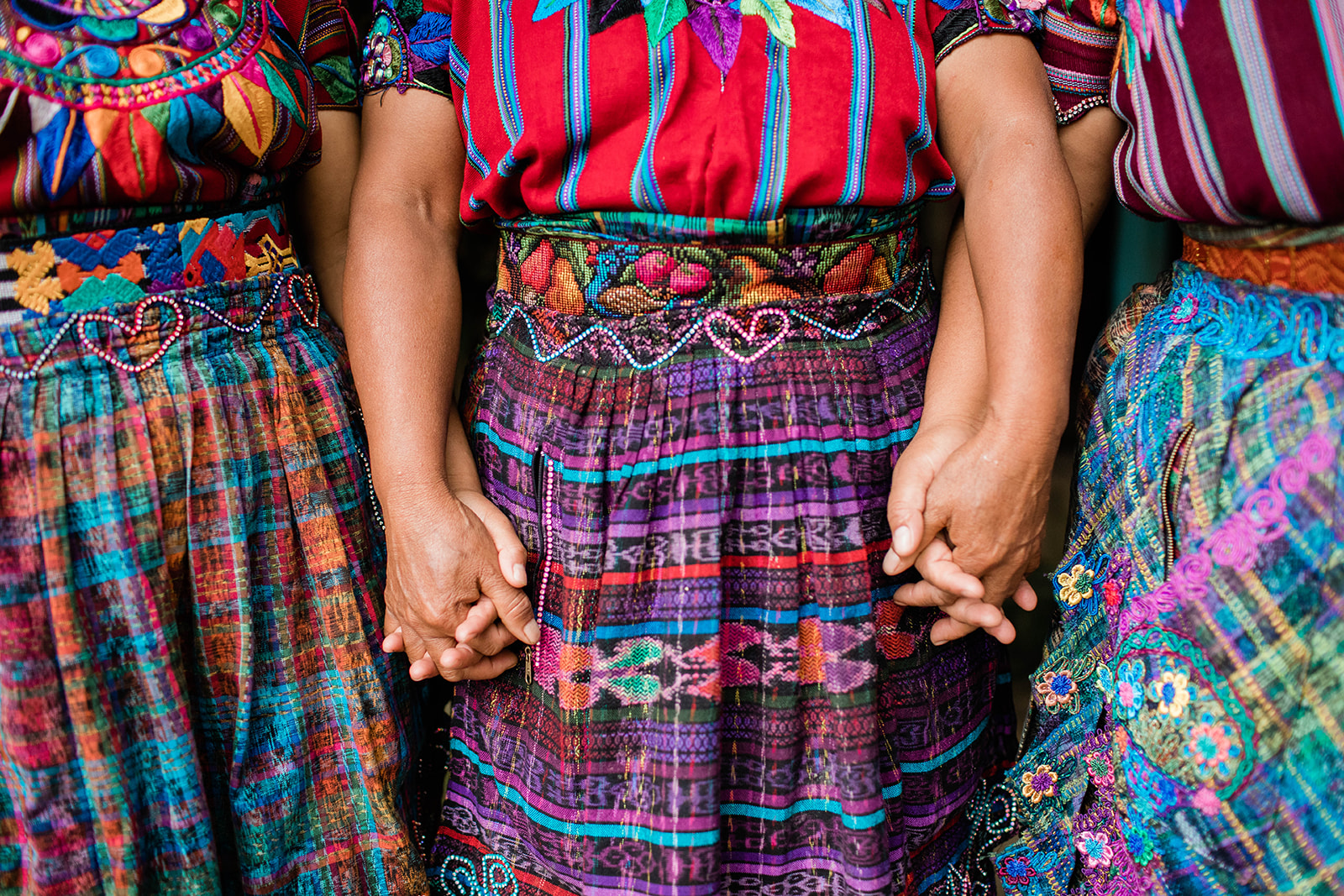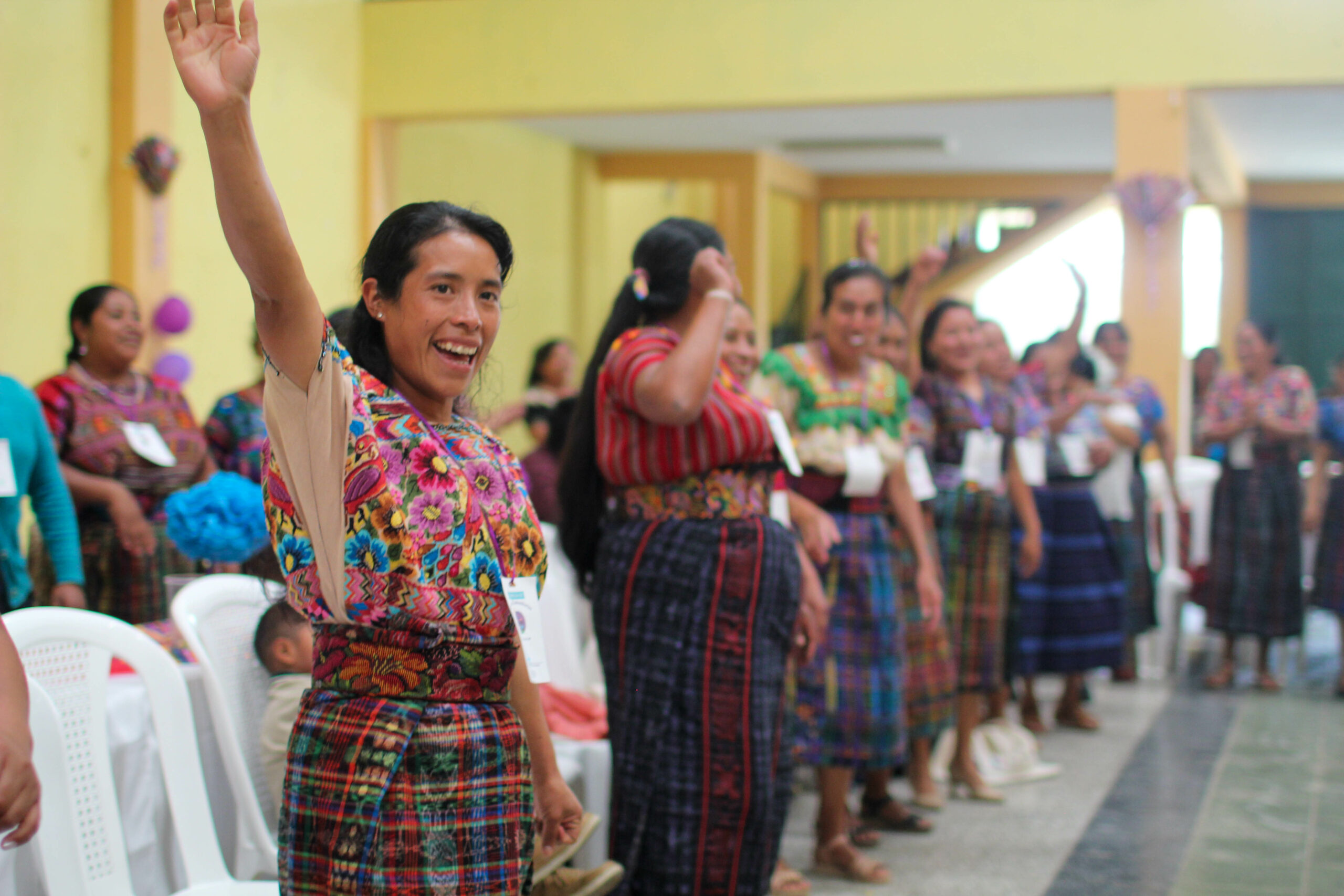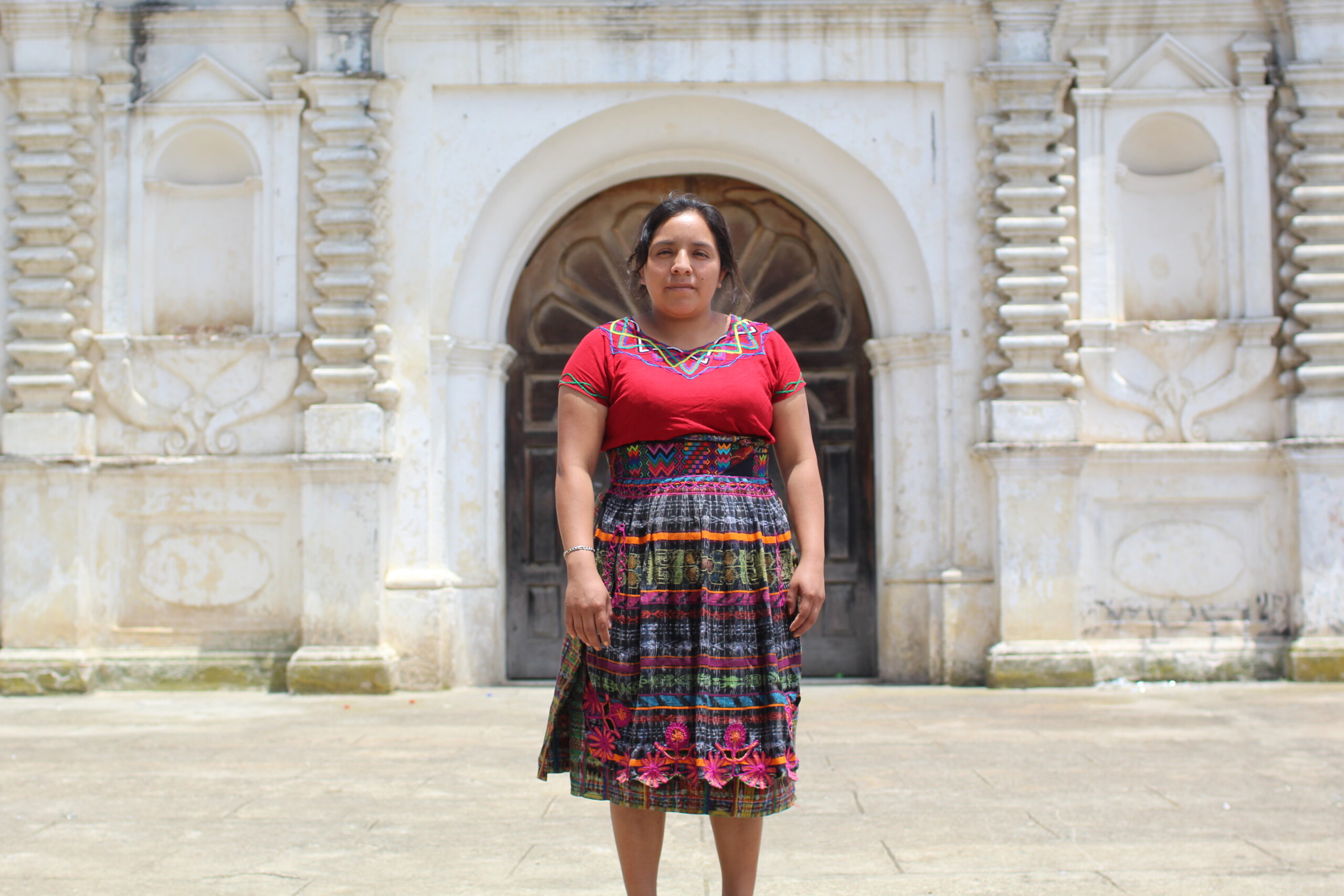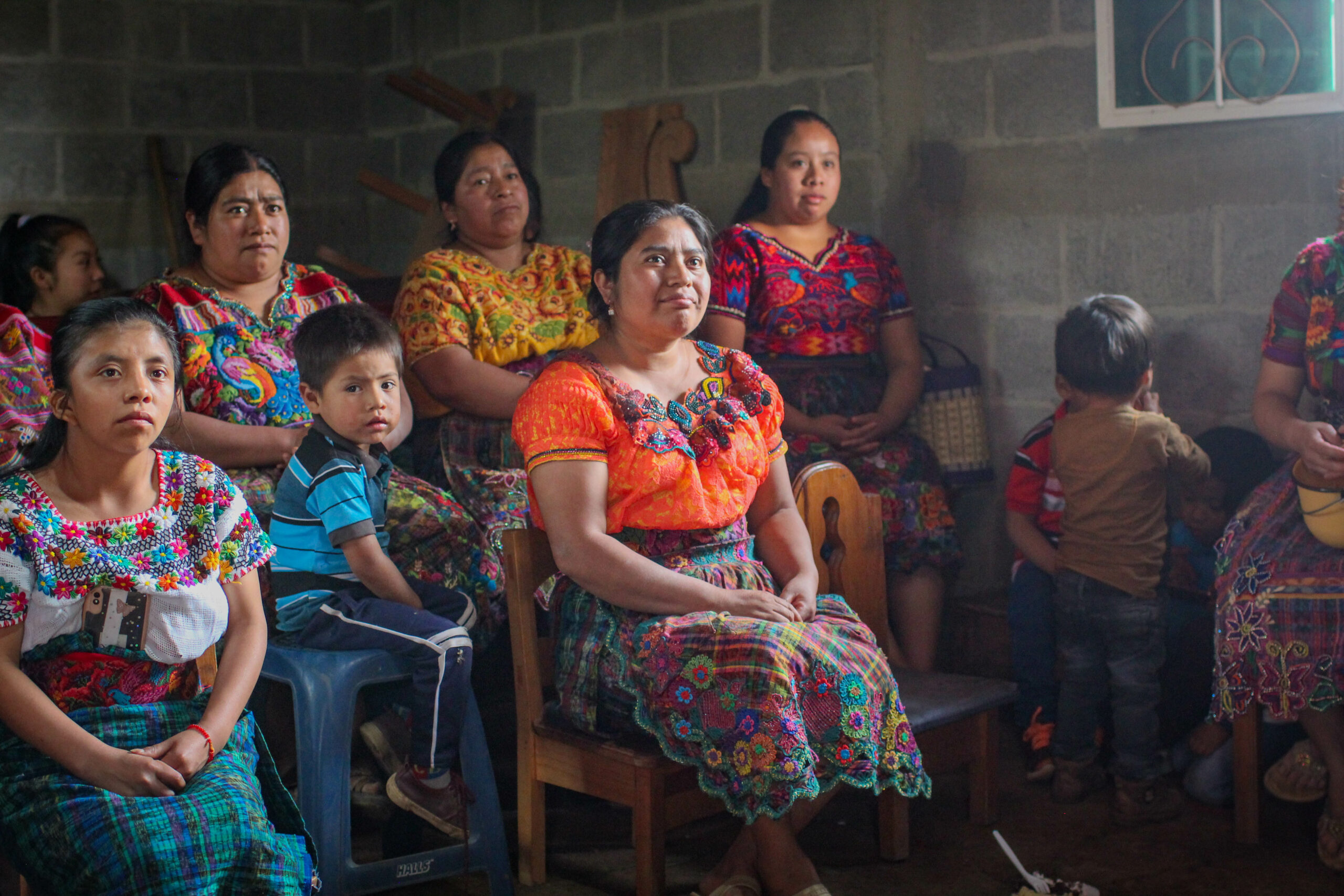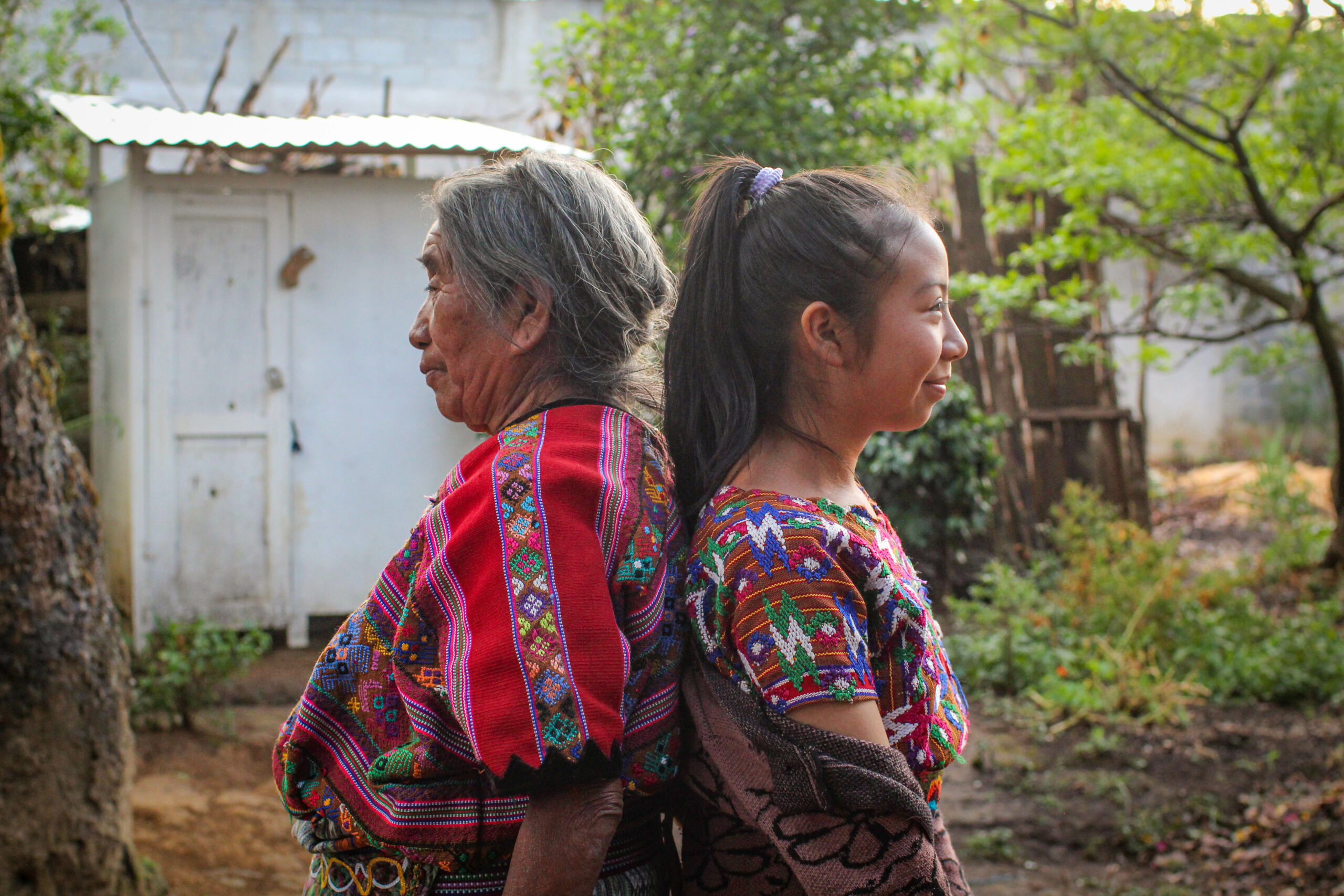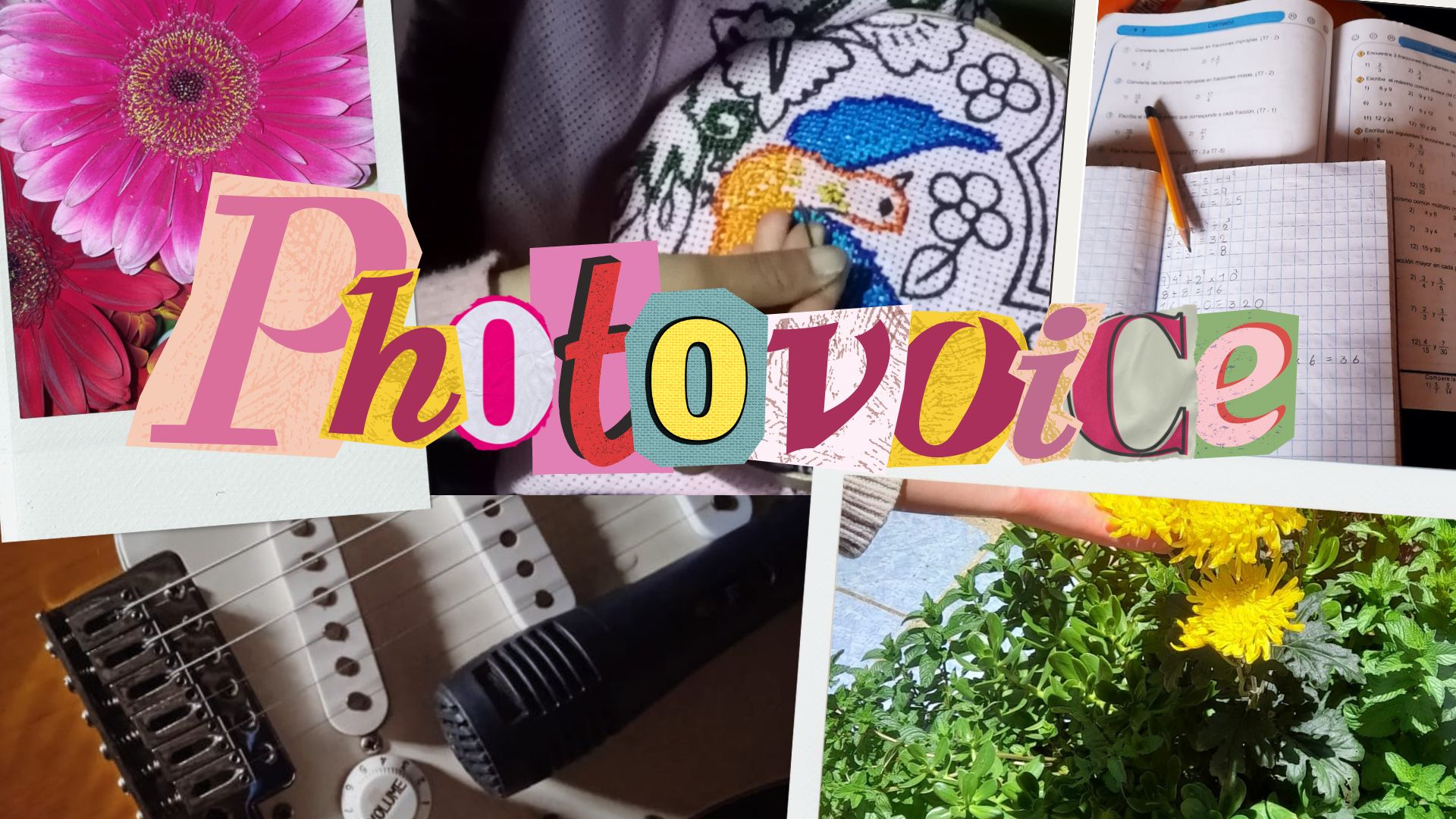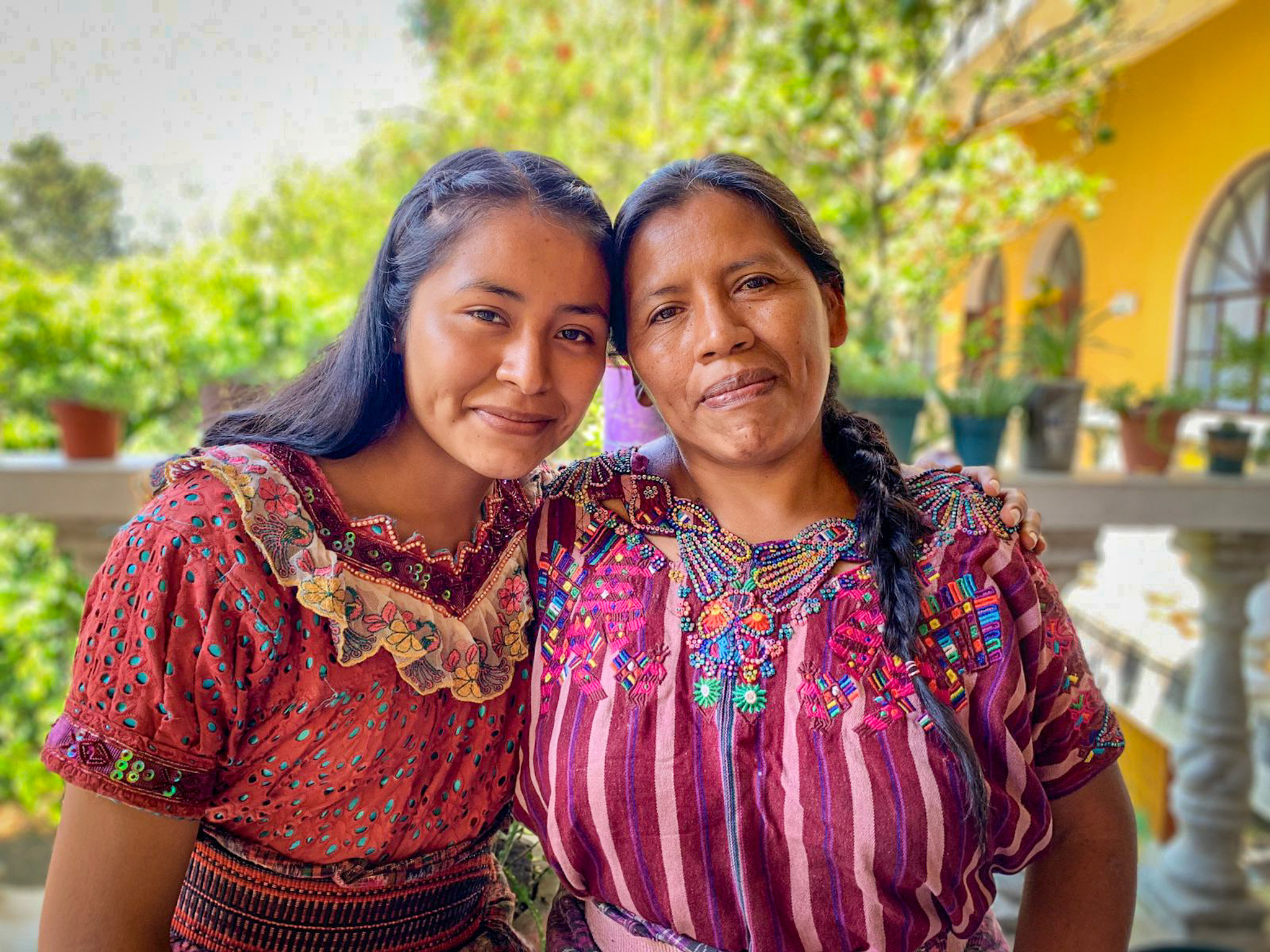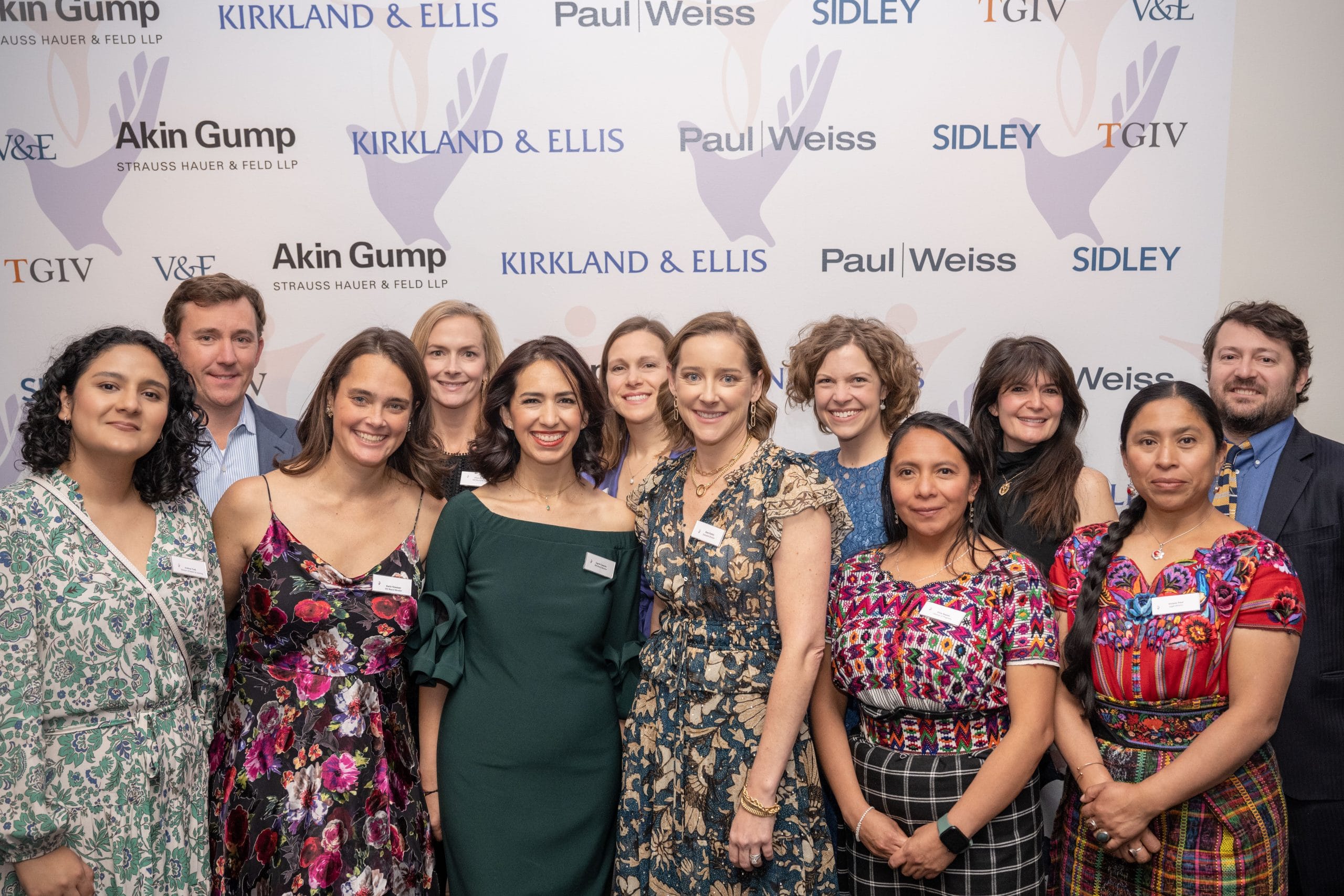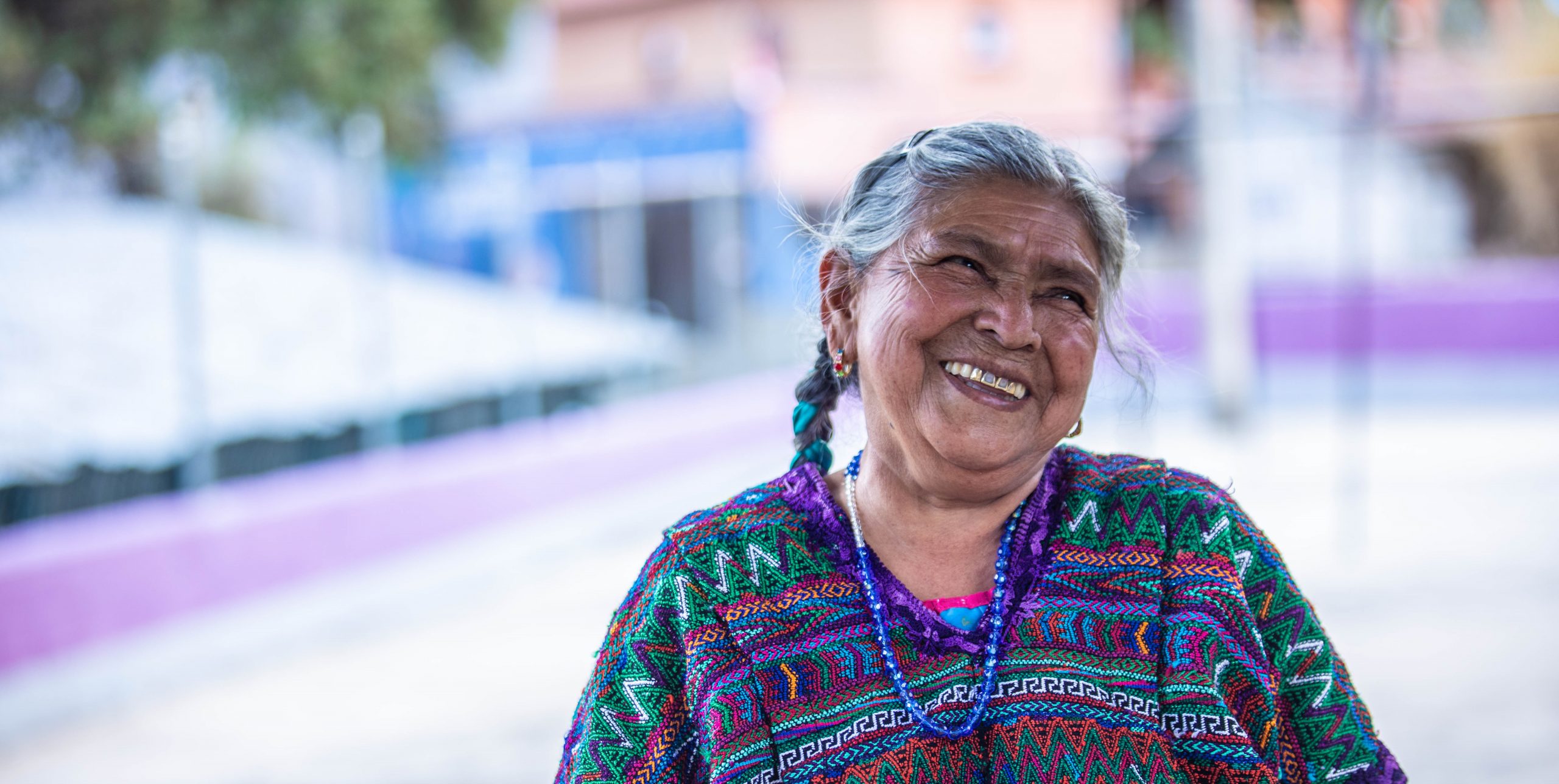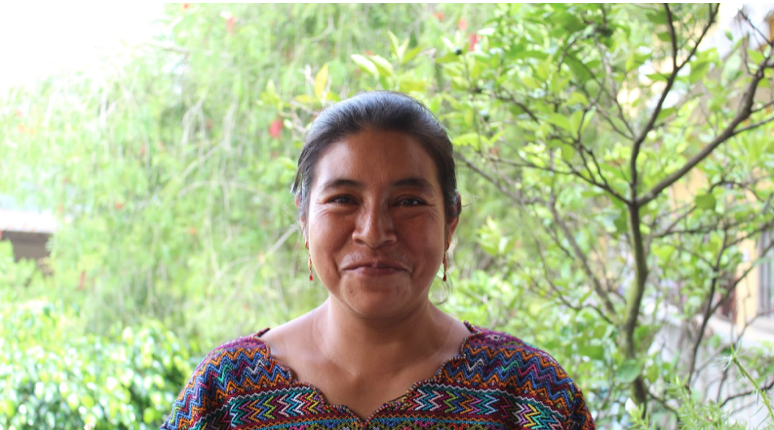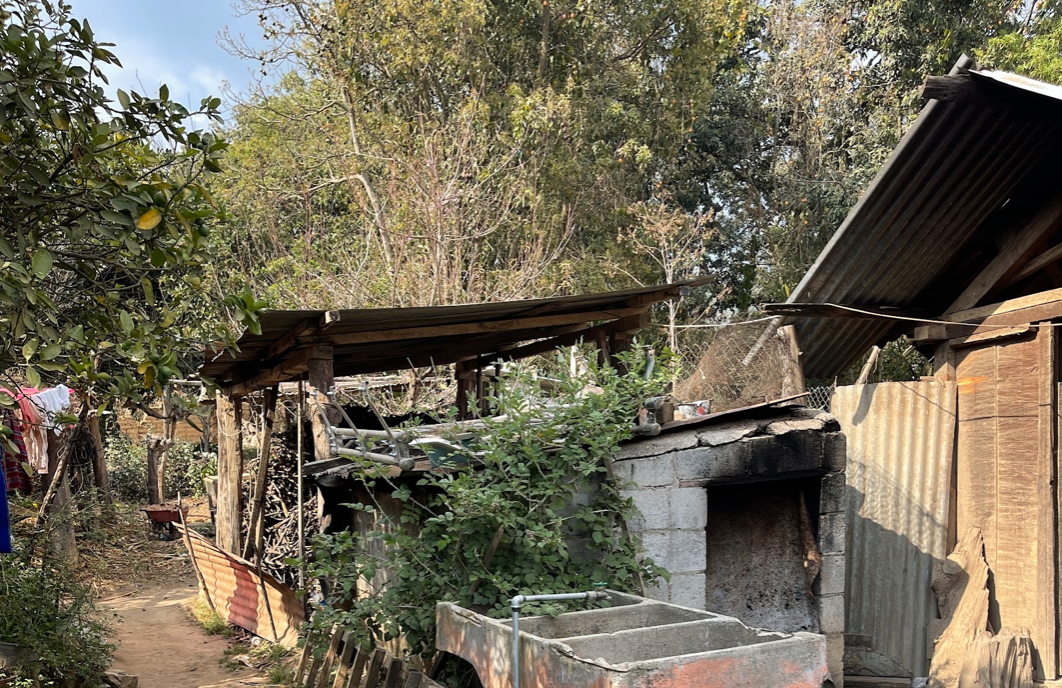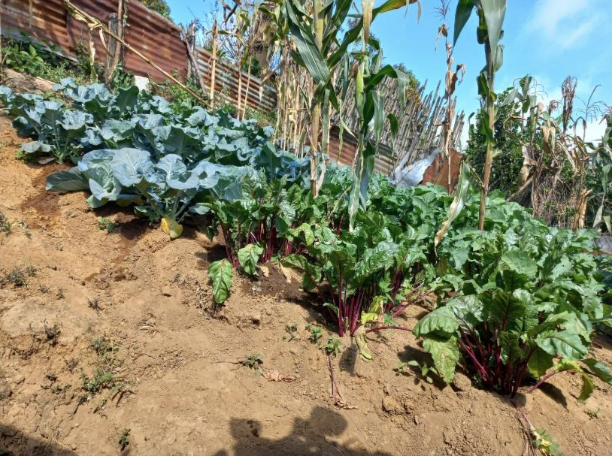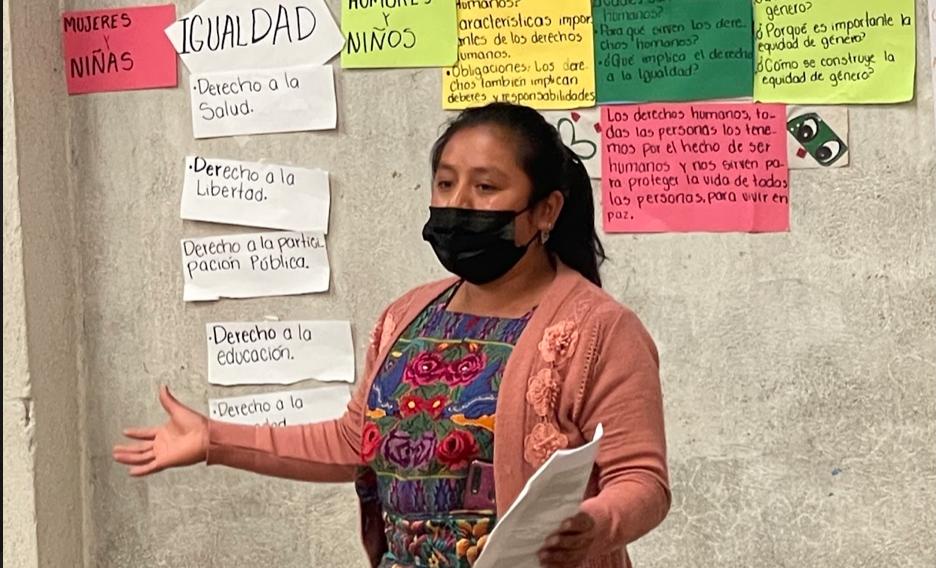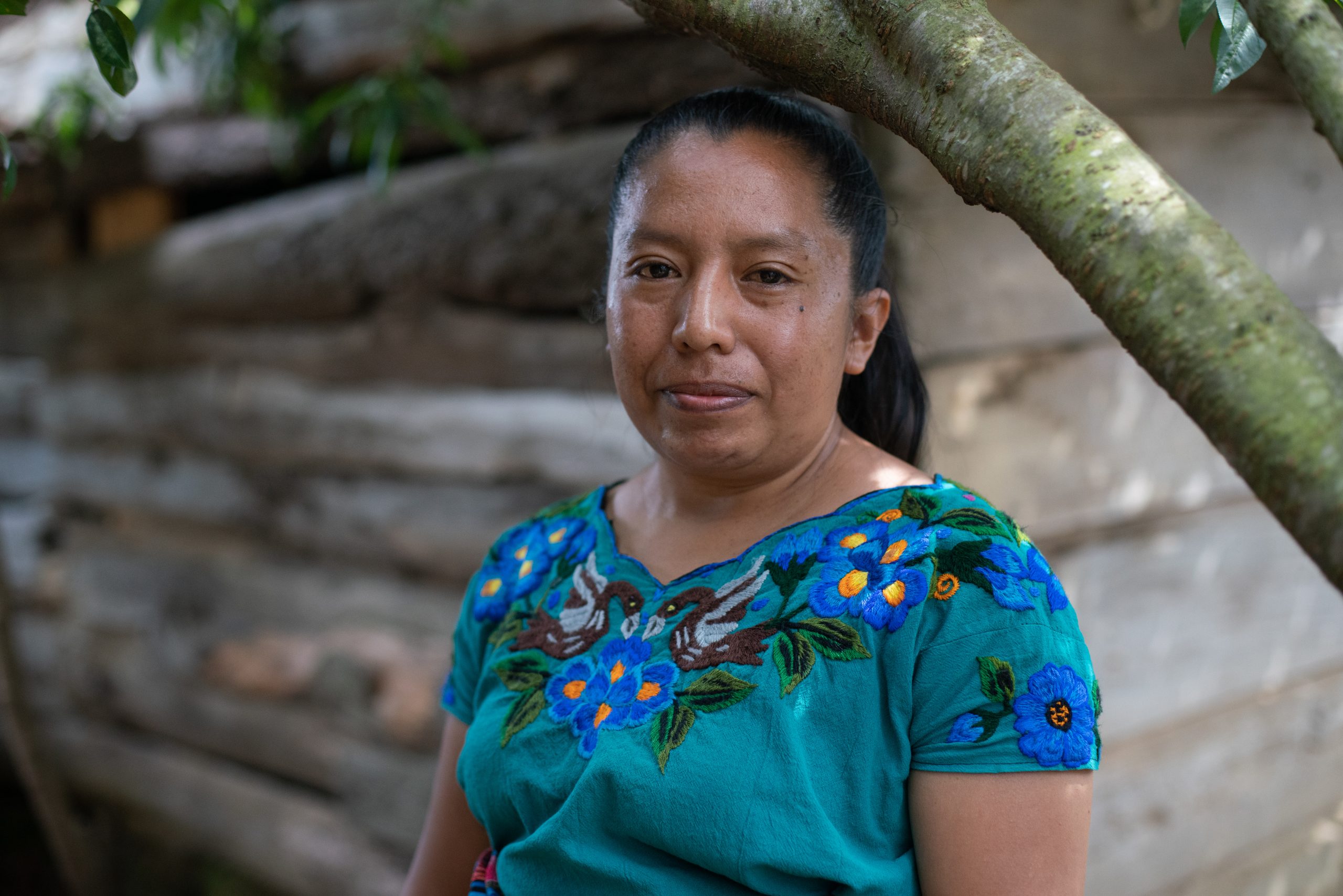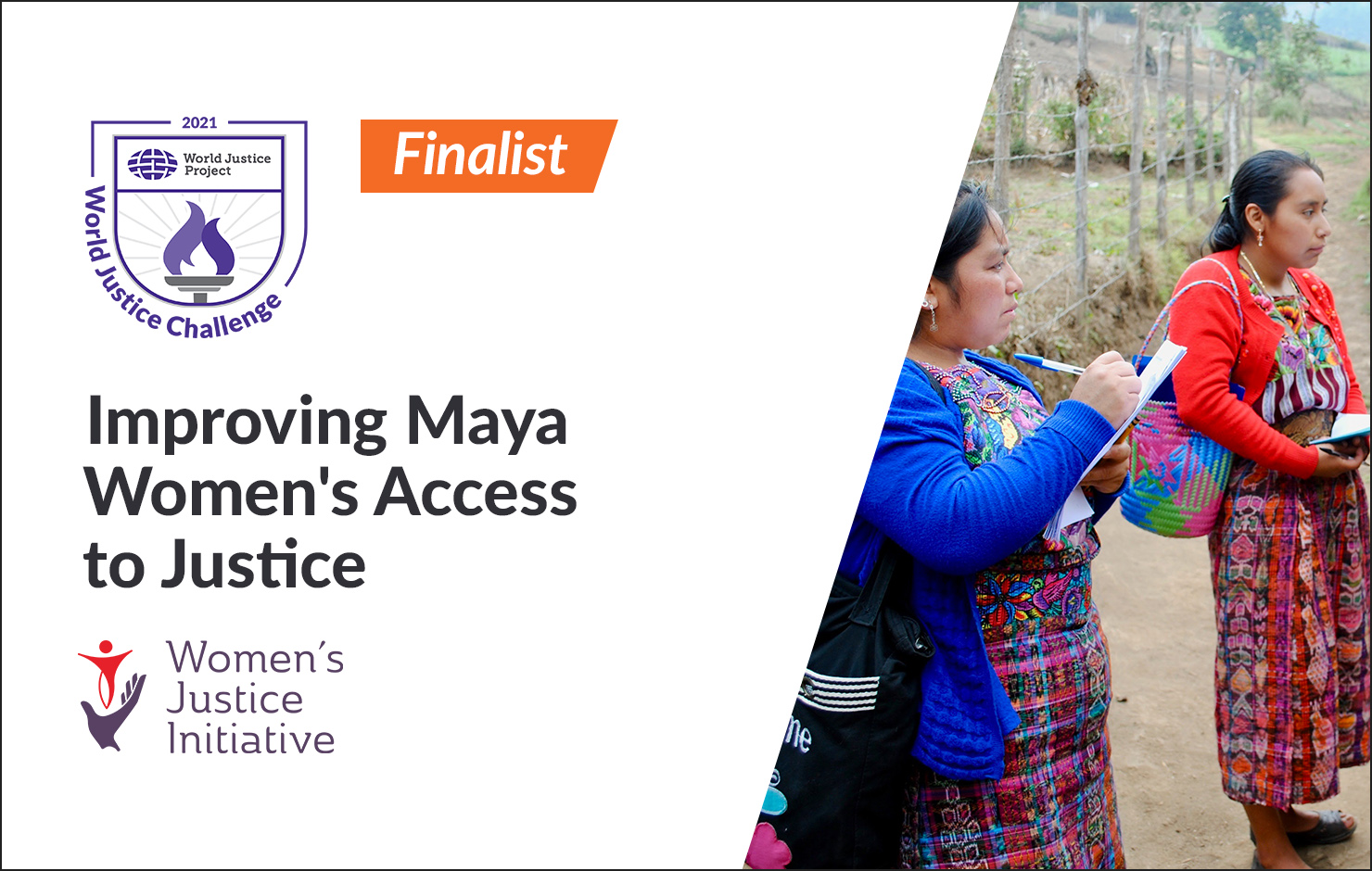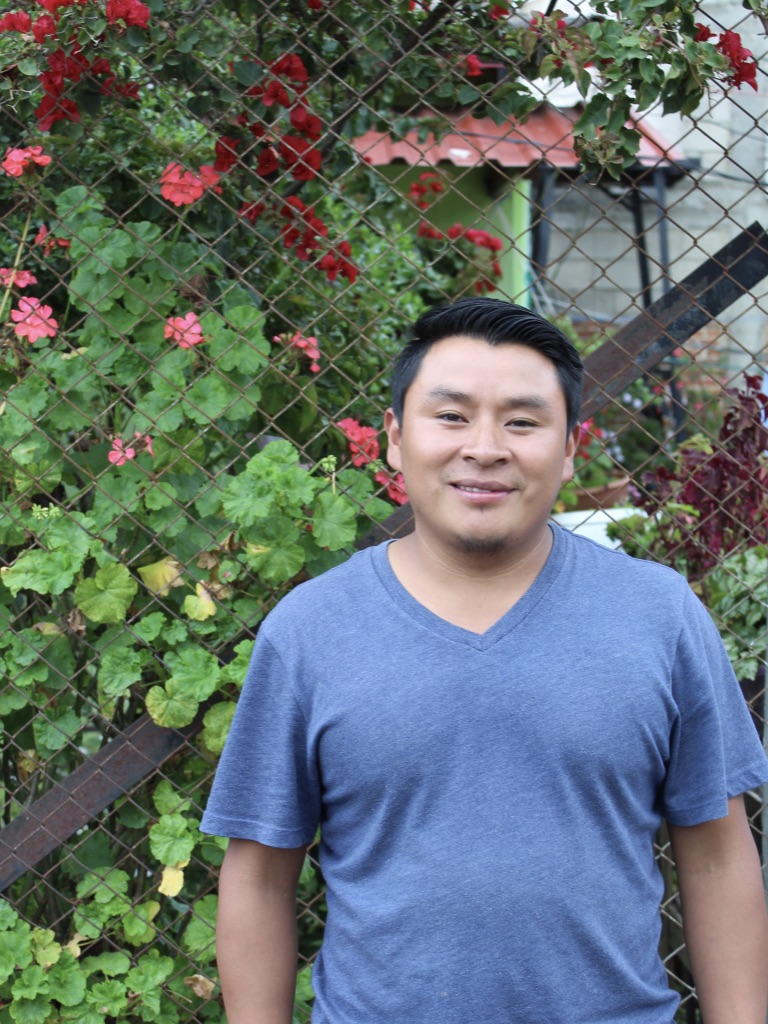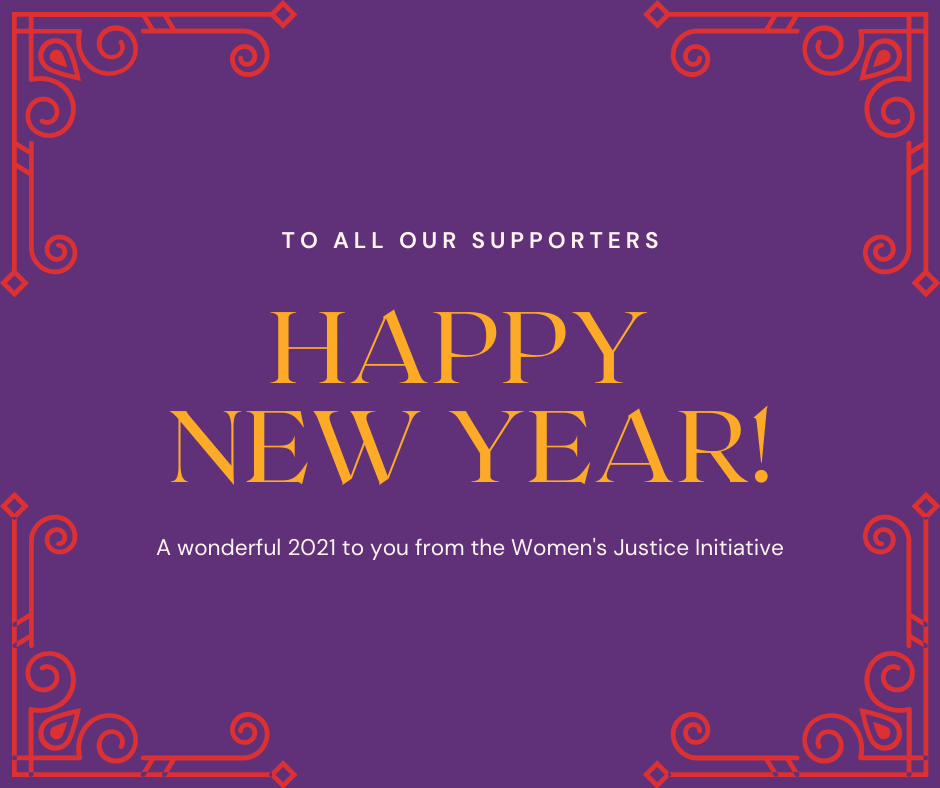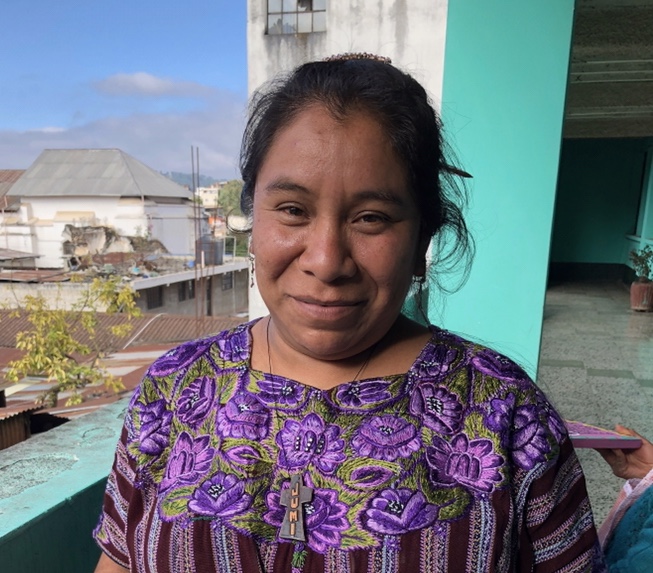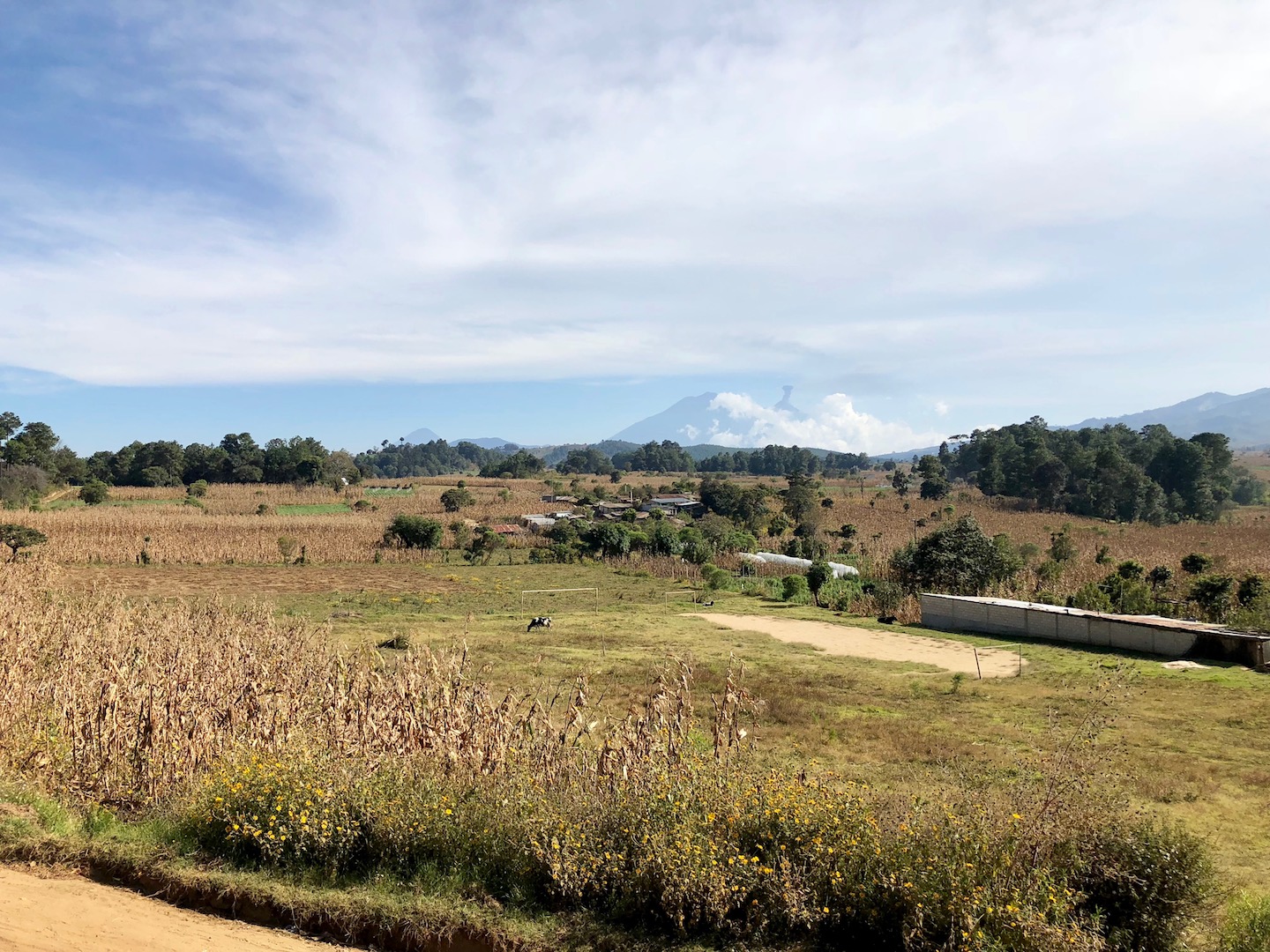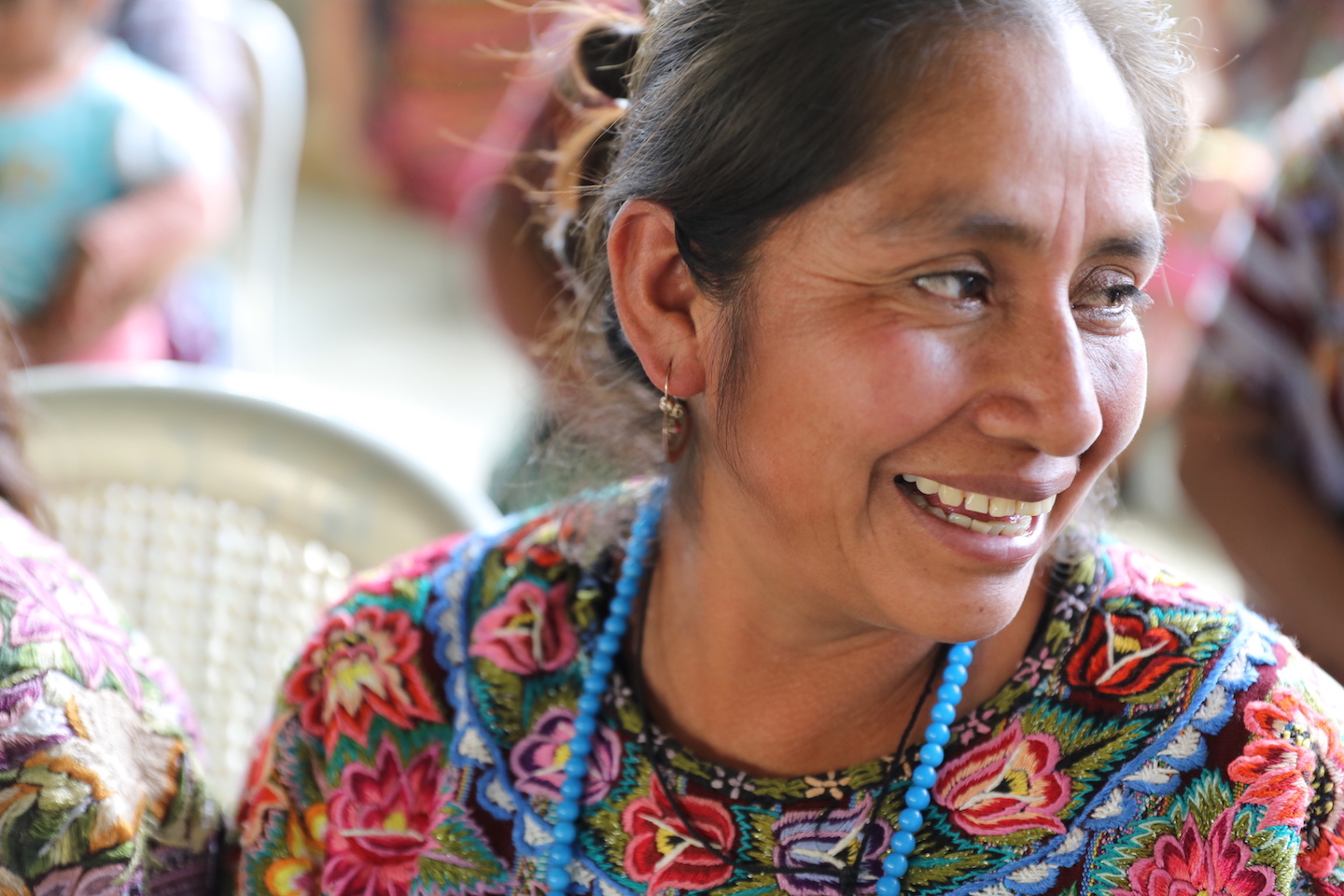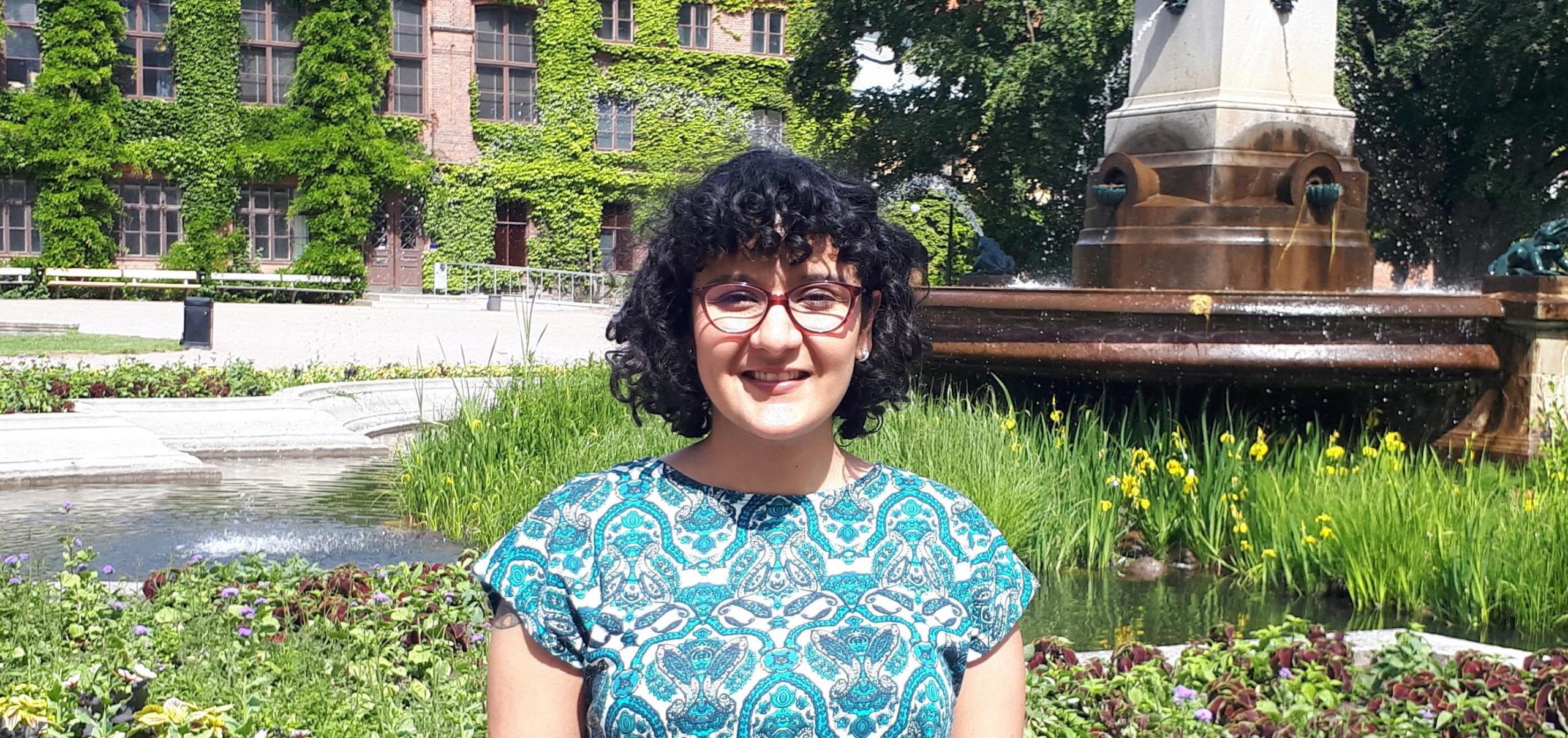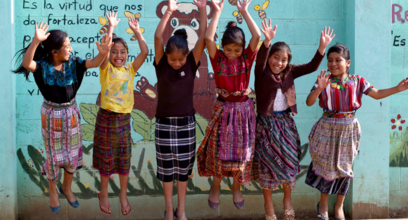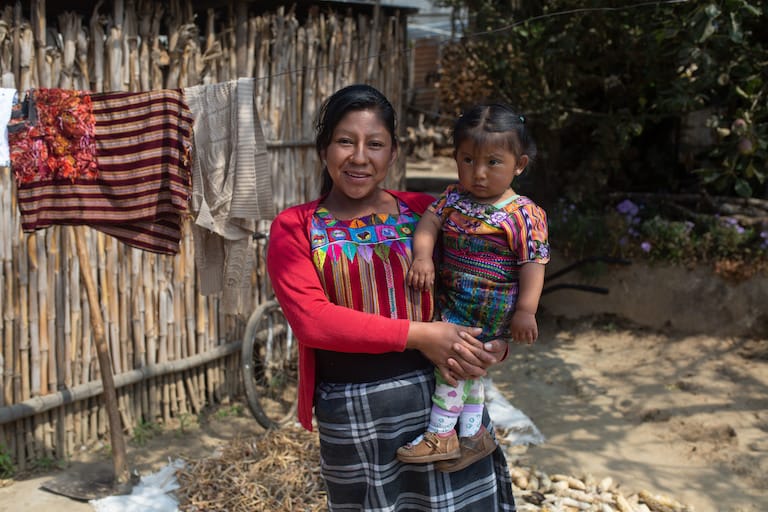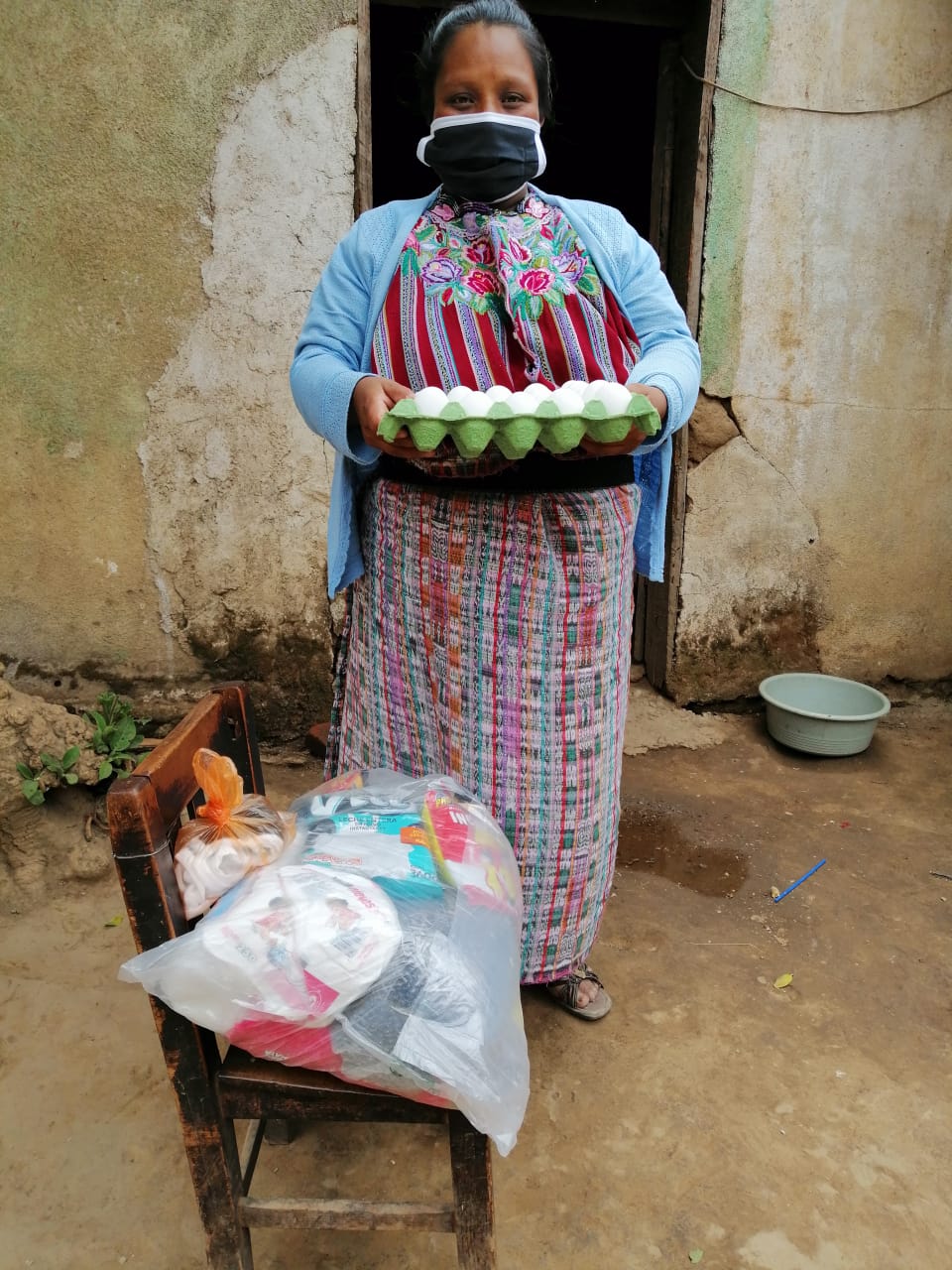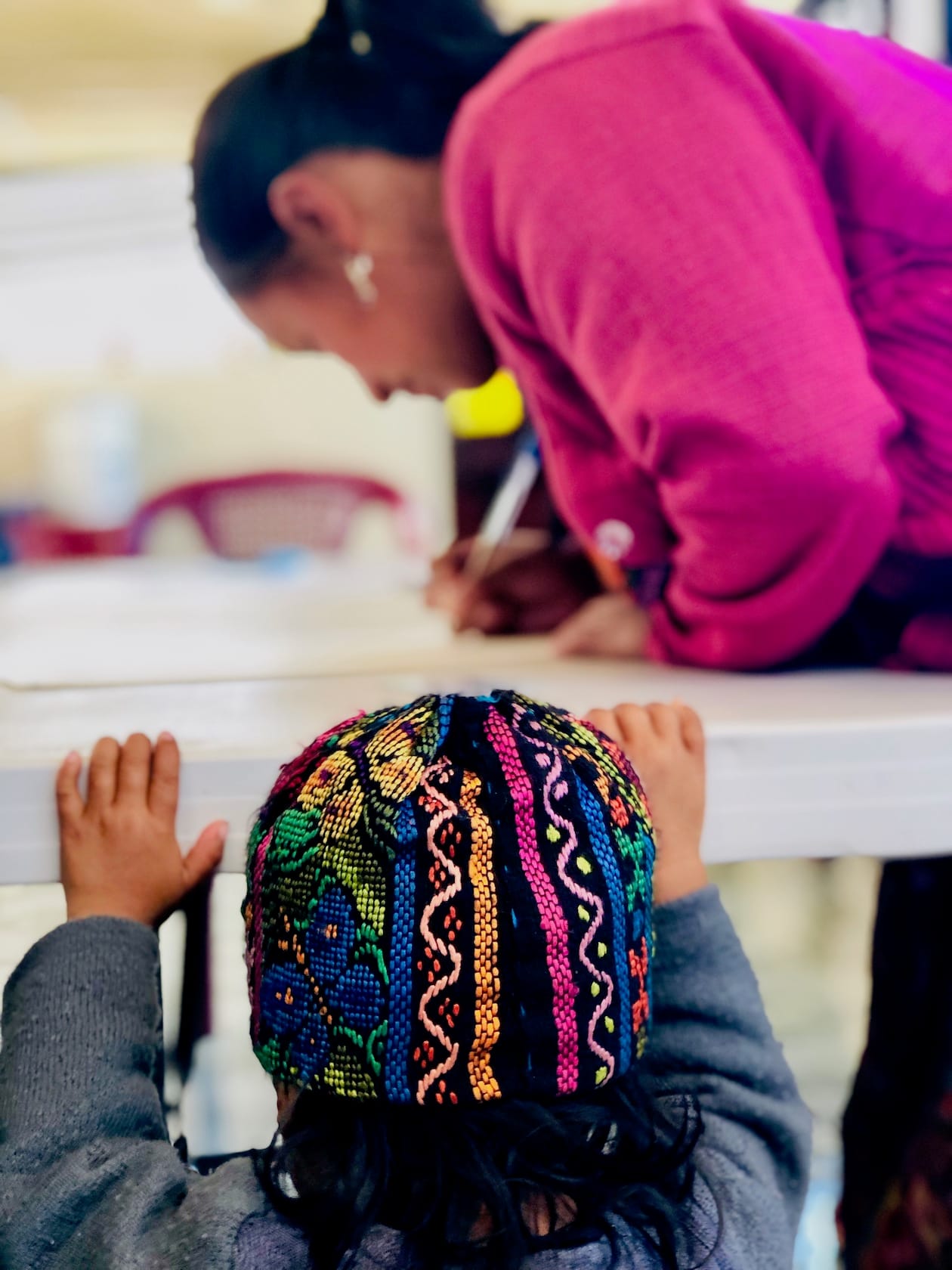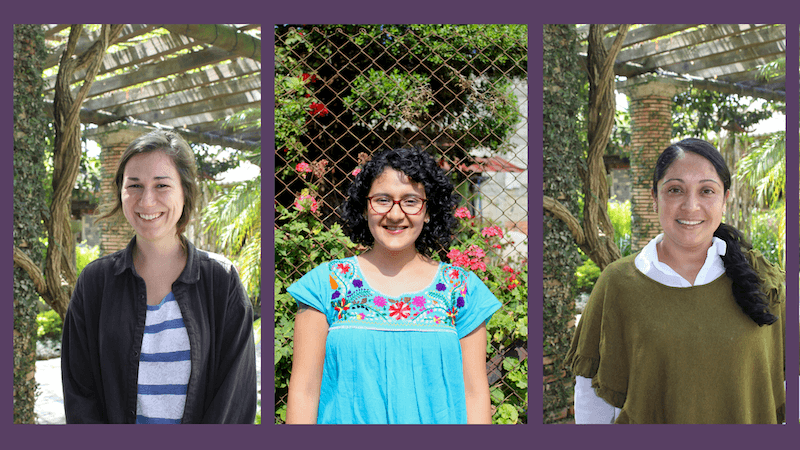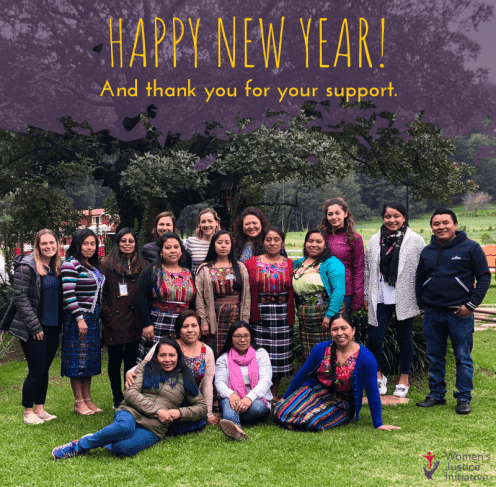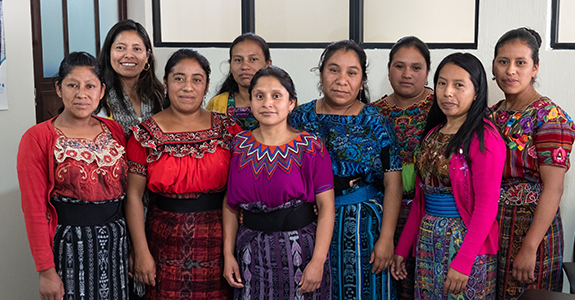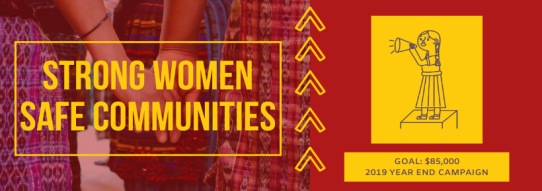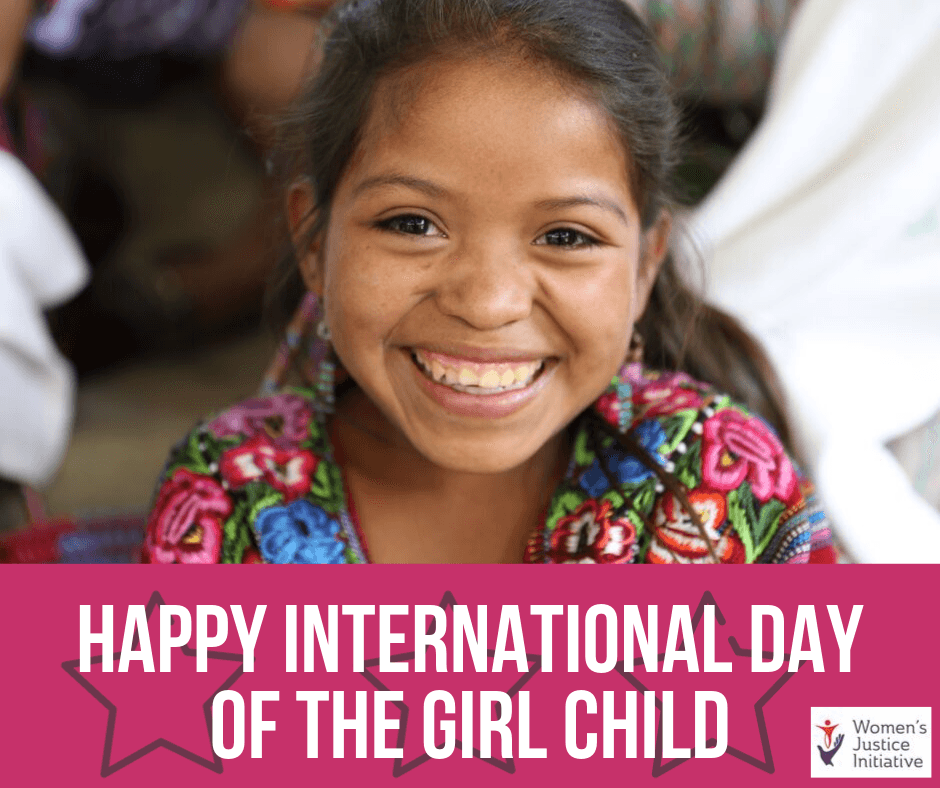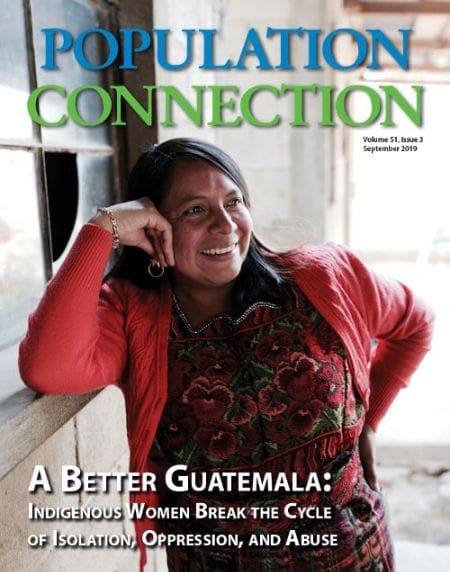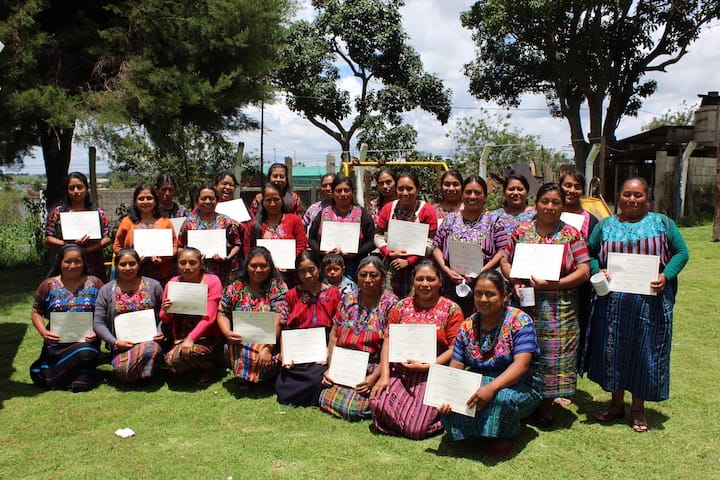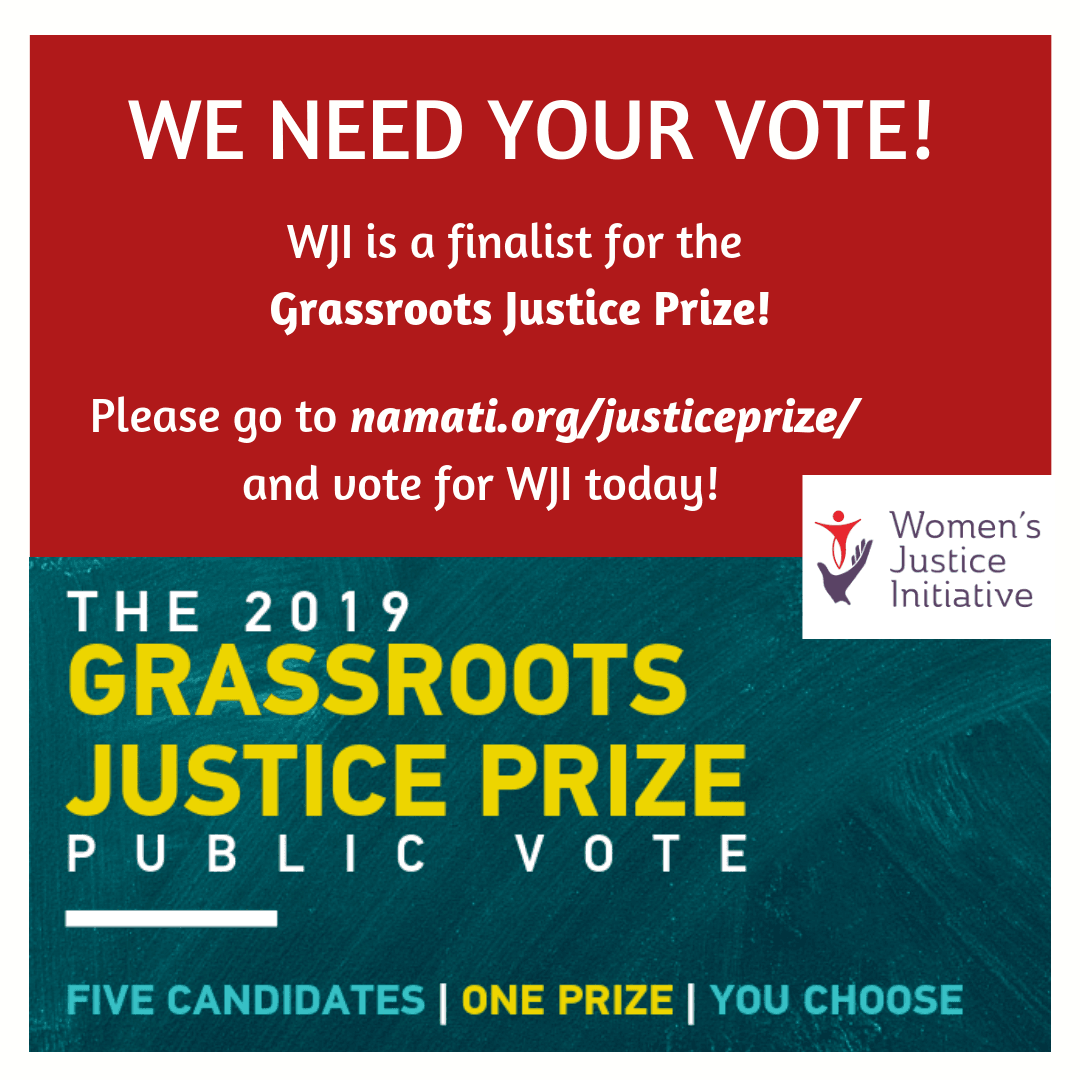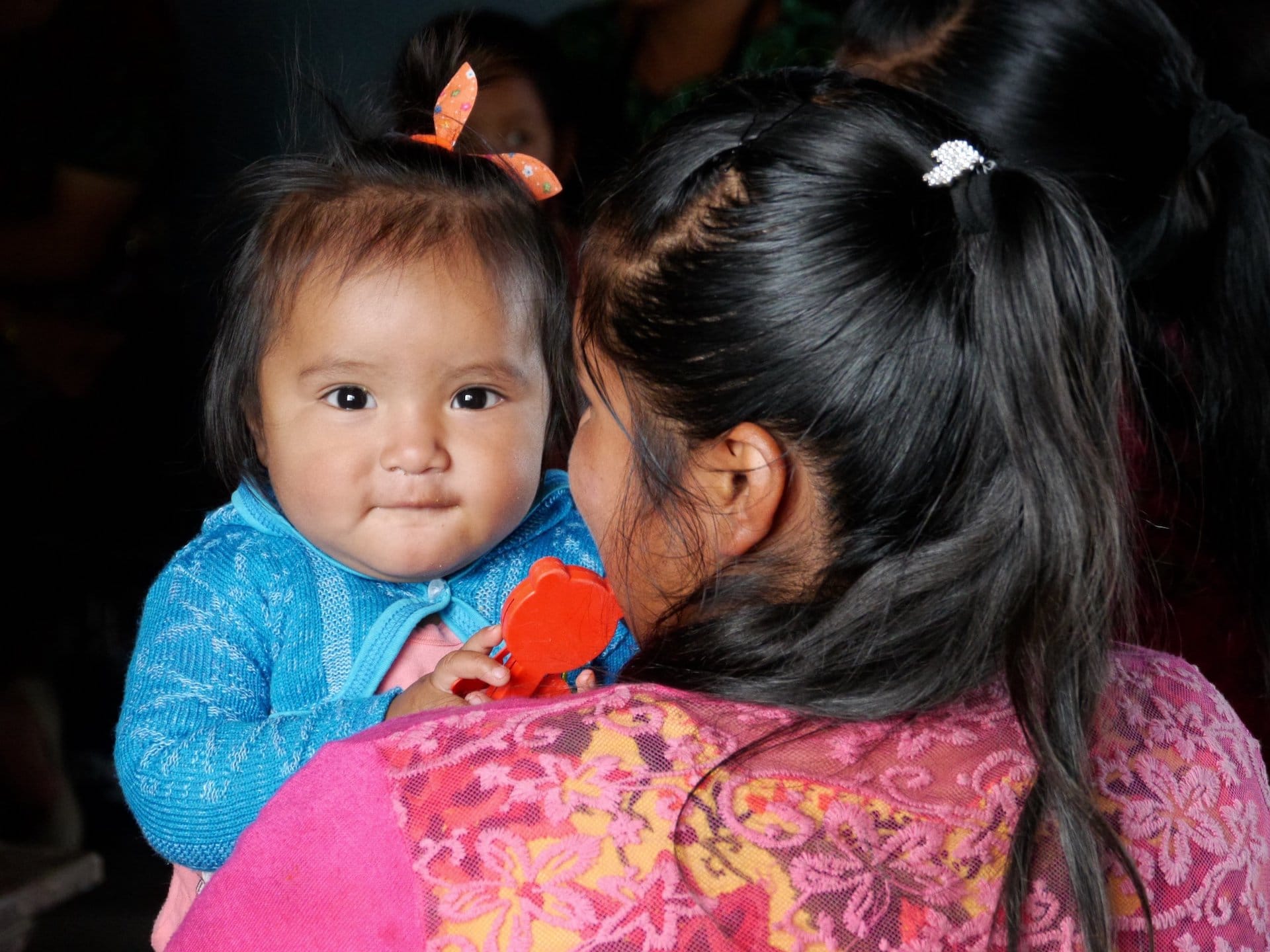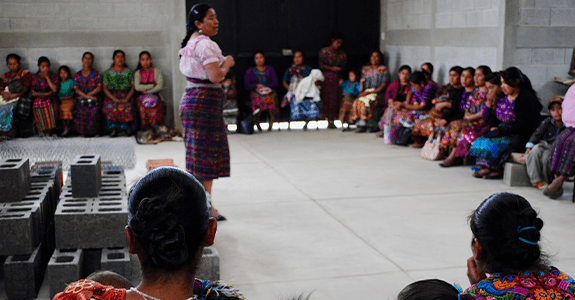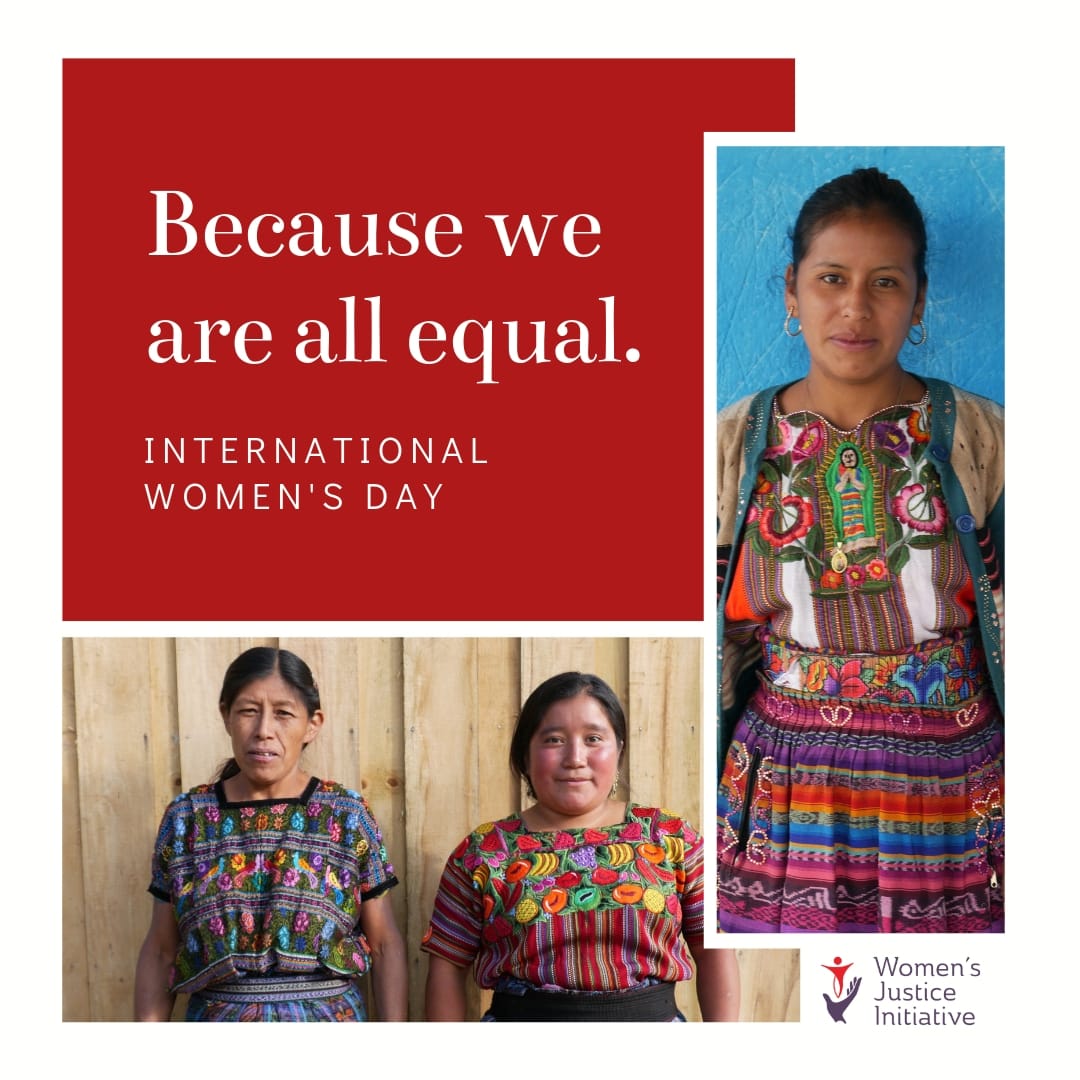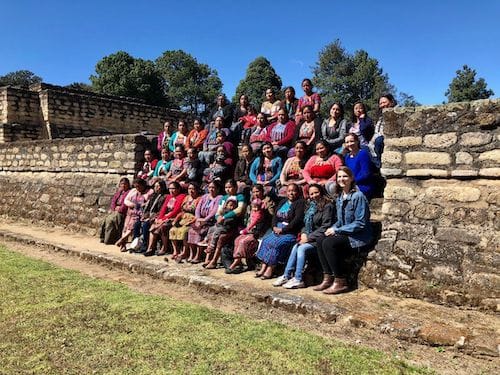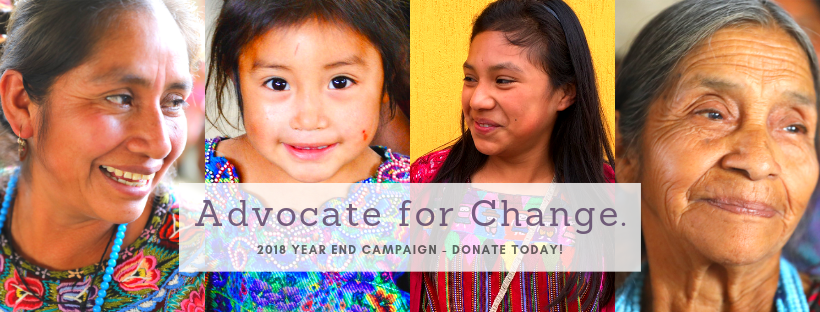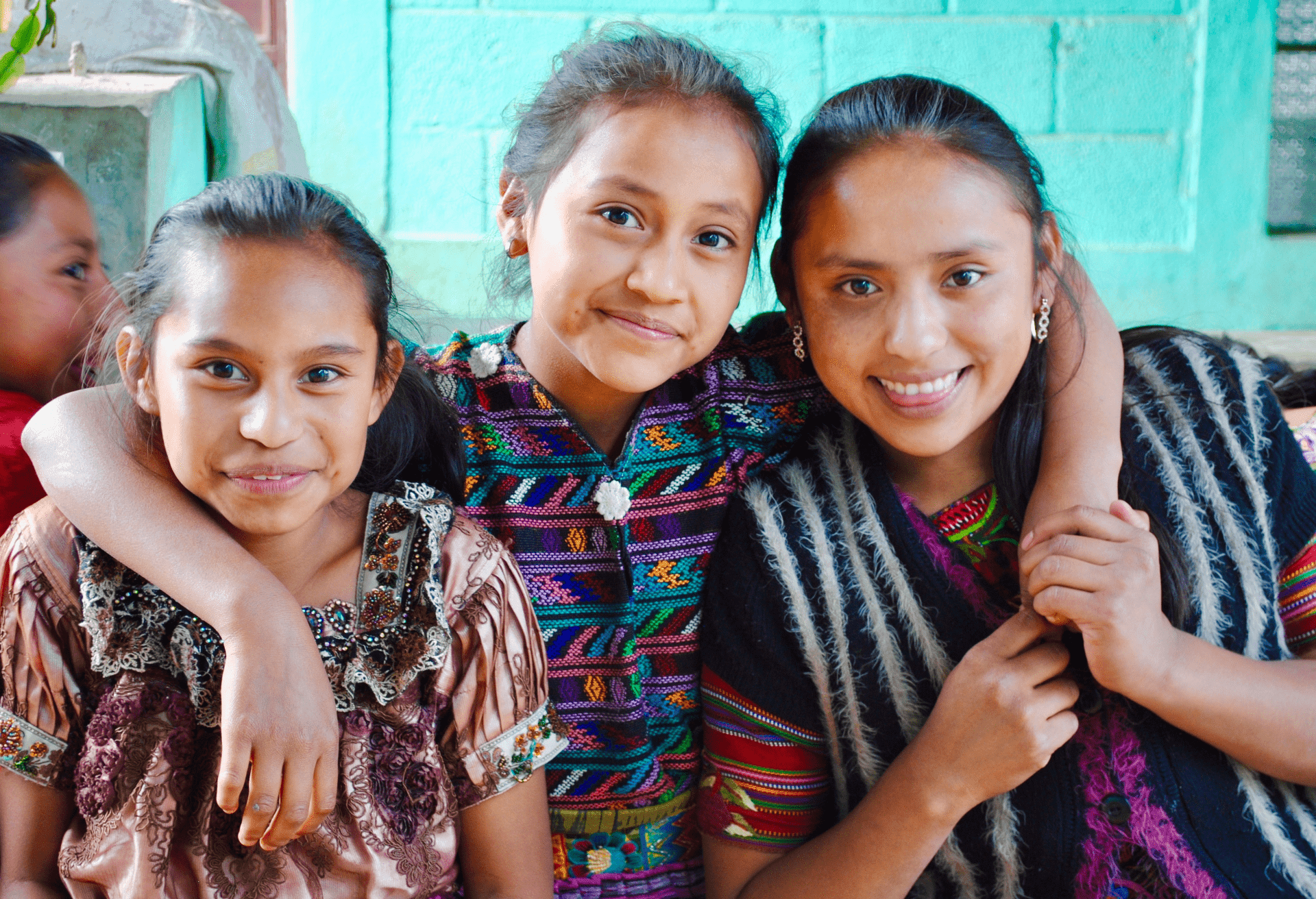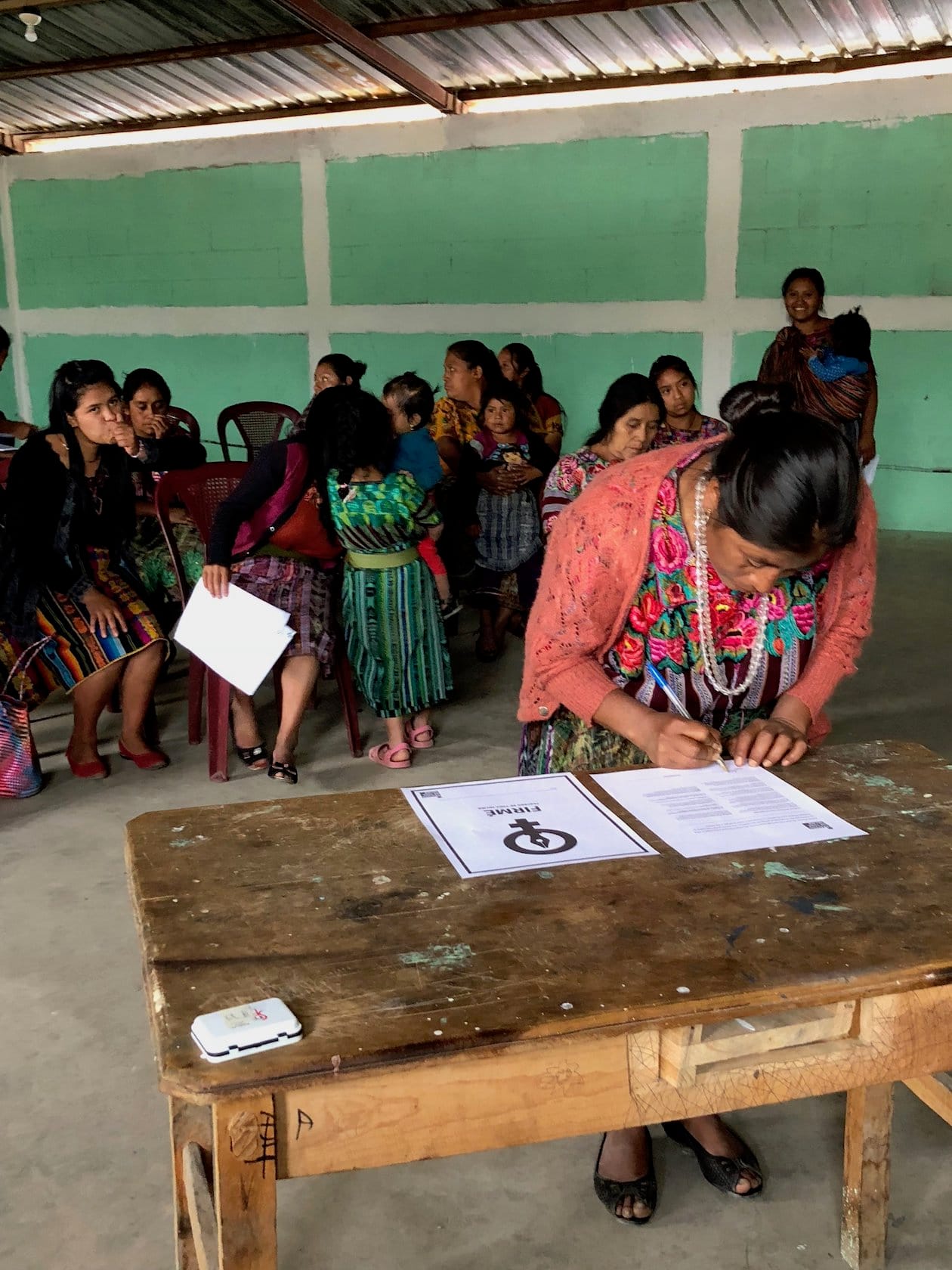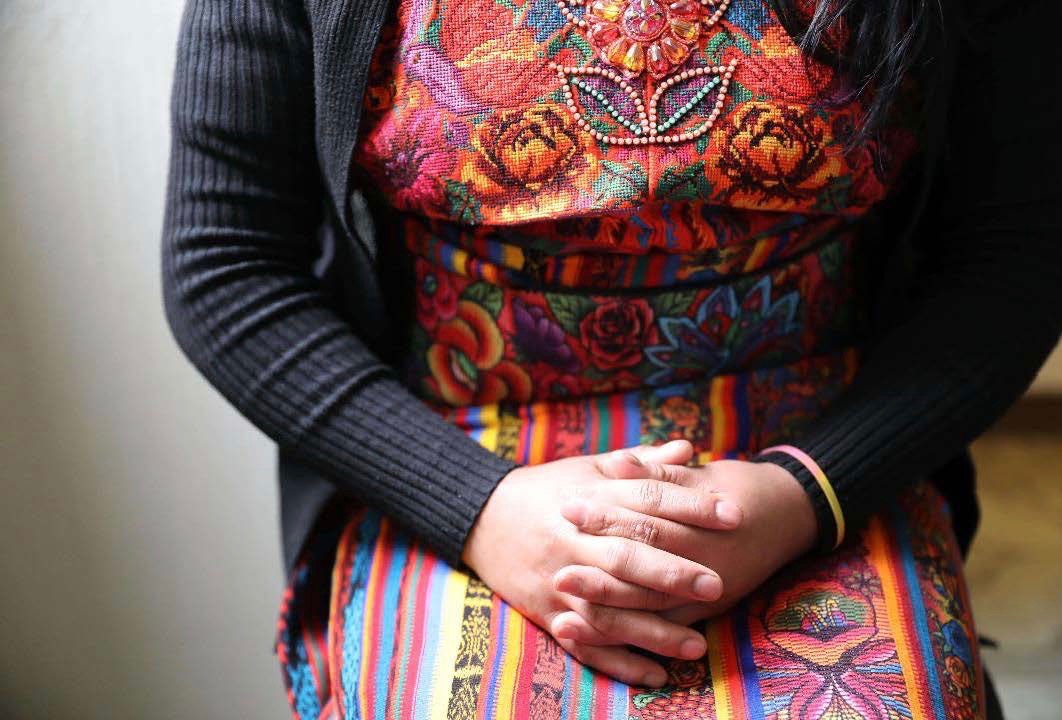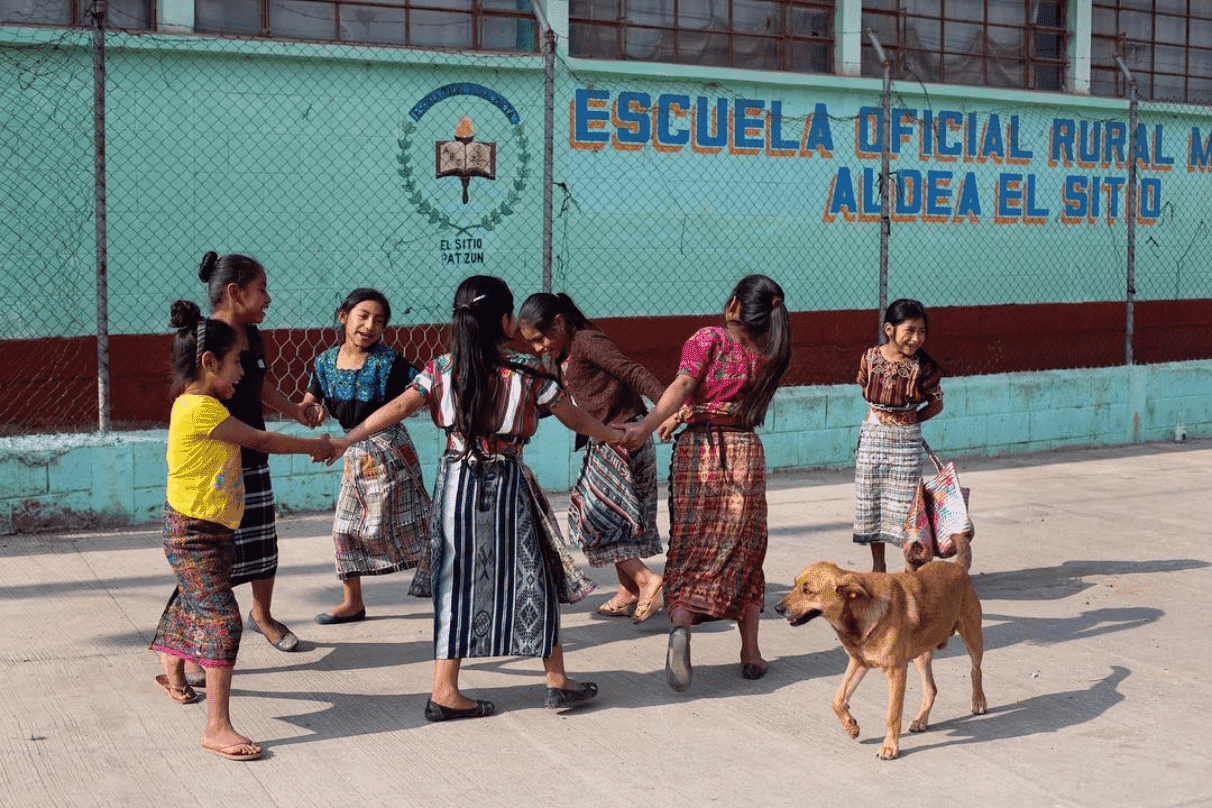Yesi Jocholá has been a Paralegal with WJI for six years. Yesi has exemplified the leadership and resourcefulness required to respond to the new challenges encountered in 2020. Her efforts, along with the rest of WJI’s legal team, have helped ensure that women can live free from violence, even amidst a global pandemic.
When COVID-19 hit Guatemala in March, Yesi worried that the situation would increase violence against women, but she struggled to find ways to connect with her clients. New COVID-19 restrictions made it harder to travel and meet with clients, and WJI’s office was closed to ensure the safety of staff and the women we serve.
After consulting with local women leaders on how to address the crisis at hand, WJI decided to create and publicize a free domestic violence hotline. Yesi and Rosa Xocoxic, another WJI paralegal, took the lead. It quickly became clear that the need for legal services was huge. Says Yesi, “Women started to call 24/7.”
Since we launched the hotline, hundreds of women have called to seek help. Yet the hotline is only the first step in ensuring access to justice. Yet the hotline is only the first step in ensuring access to justice. WJI also provides remote legal services and ensures women are equipped to navigate the court system.
In normal times, WJI attends court with clients, helping women navigate the legal system, as many women fear going to court alone. Now, with new social distancing rules in place, women are required to enter the courts by themselves. To calm their worries, Yesi assures them that she will be with them every step of the way, providing “accompaniment from a distance.”
“If you have any concerns or questions, call me. I’m here for you, whether over the phone or by text,” Yesi tells her clients. If she doesn’t hear from them once they go inside, she sends WhatsApp messages to check in.
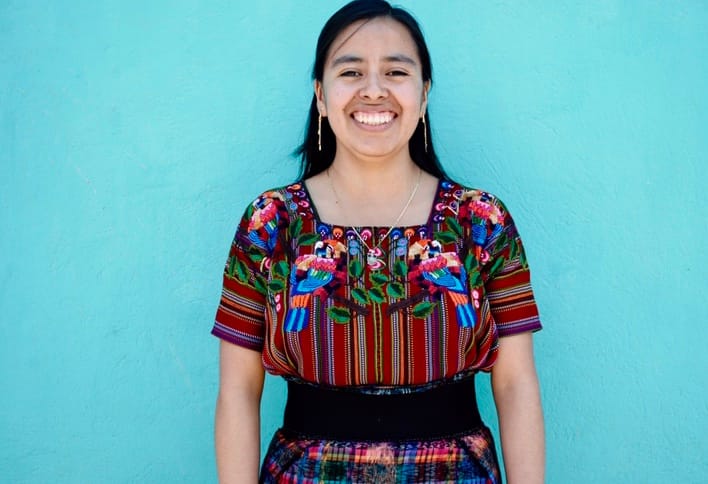
WJI’s services are needed now more than ever. As Yesi has witnessed through her work with WJI, the number of cases of violence against women has increased greatly since the start of the pandemic. Many women, especially domestic workers, have lost all income. Some have been forced to return to abusive situations due to economic necessity. Others are filing for child support for the first time in their lives and are struggling to put food on the table. Yesi has received calls from clients pleading, “What do I do? I don’t have anything to eat or to give to my children.” For more on the food assistance and other emergency responses that WJI has provided during the pandemic, see here.
In some cases, WJI has helped women contact their partners who are living abroad, often in the United States, and have stopped sending remittances during the pandemic. Overall, WJI has served more than 15,600 individuals and worked on almost 500 legal cases since the start of the pandemic.
Yesi acknowledges that many challenges lie ahead, but she is “very happy” with the work that WJI’s legal team has done so far to support women in Patzun. Her team is ready to continue innovating and helping the women they serve.
